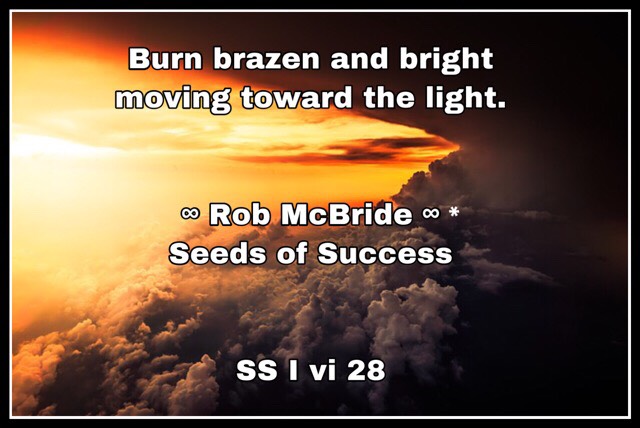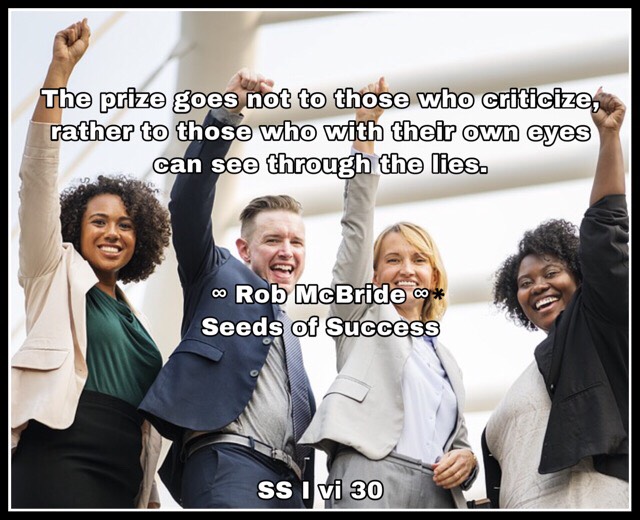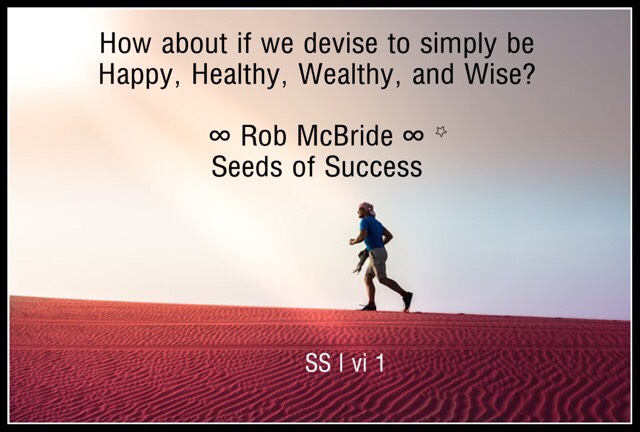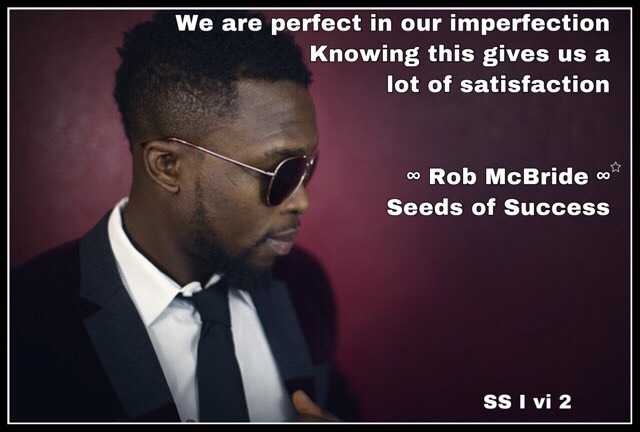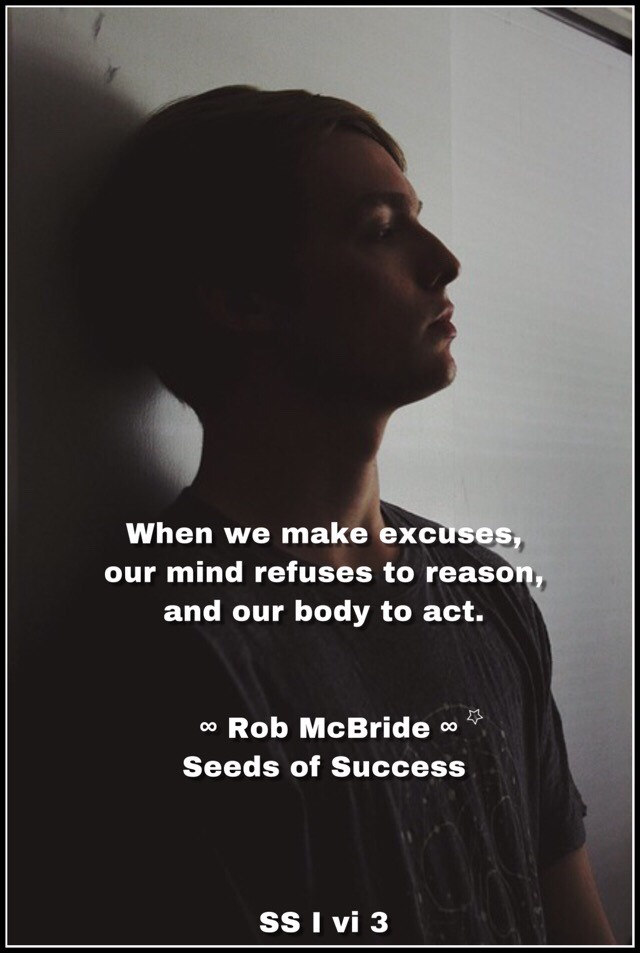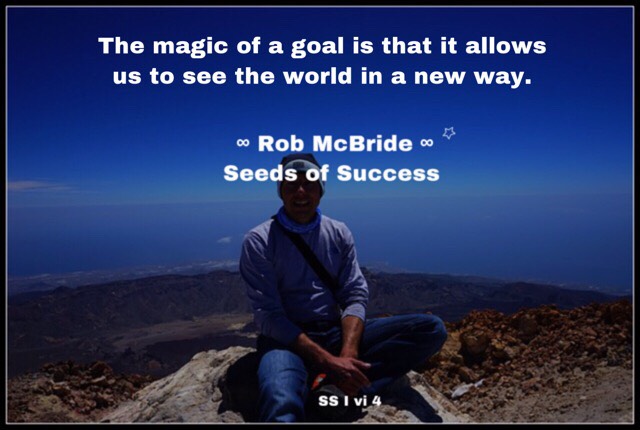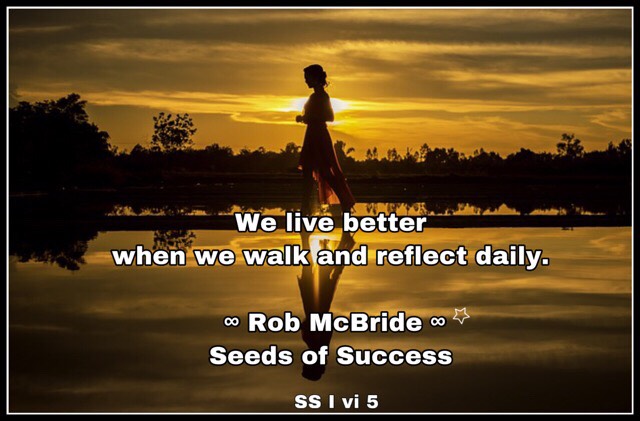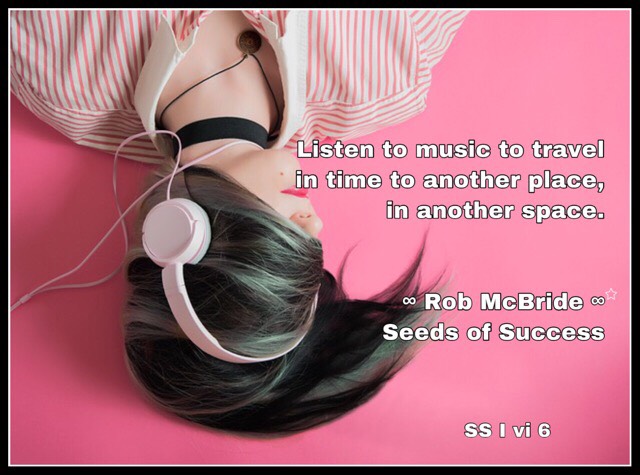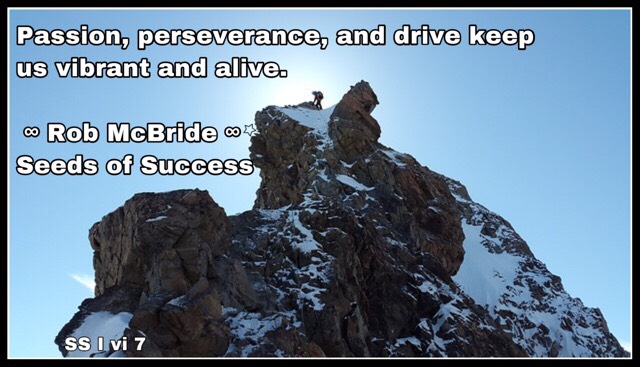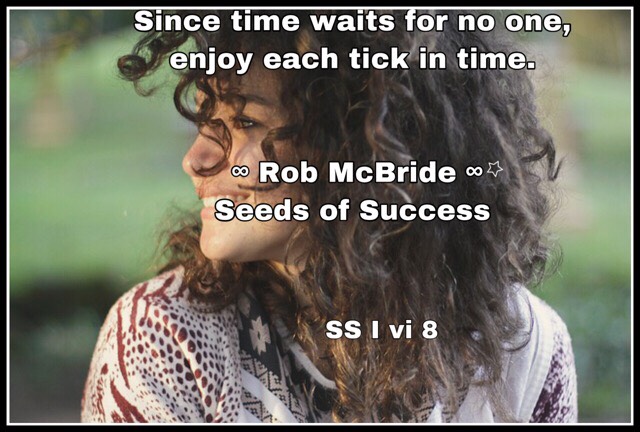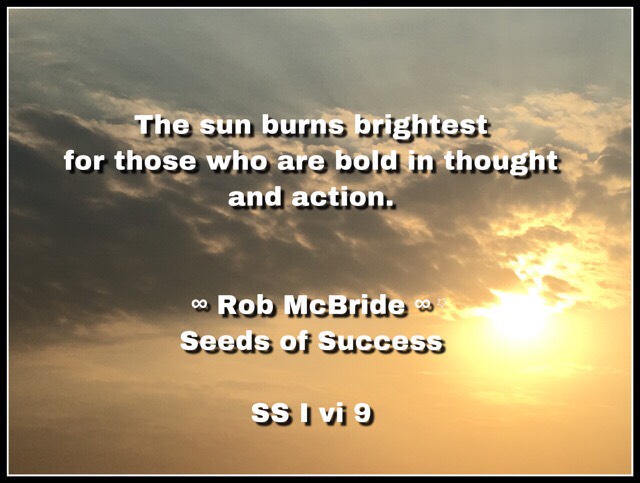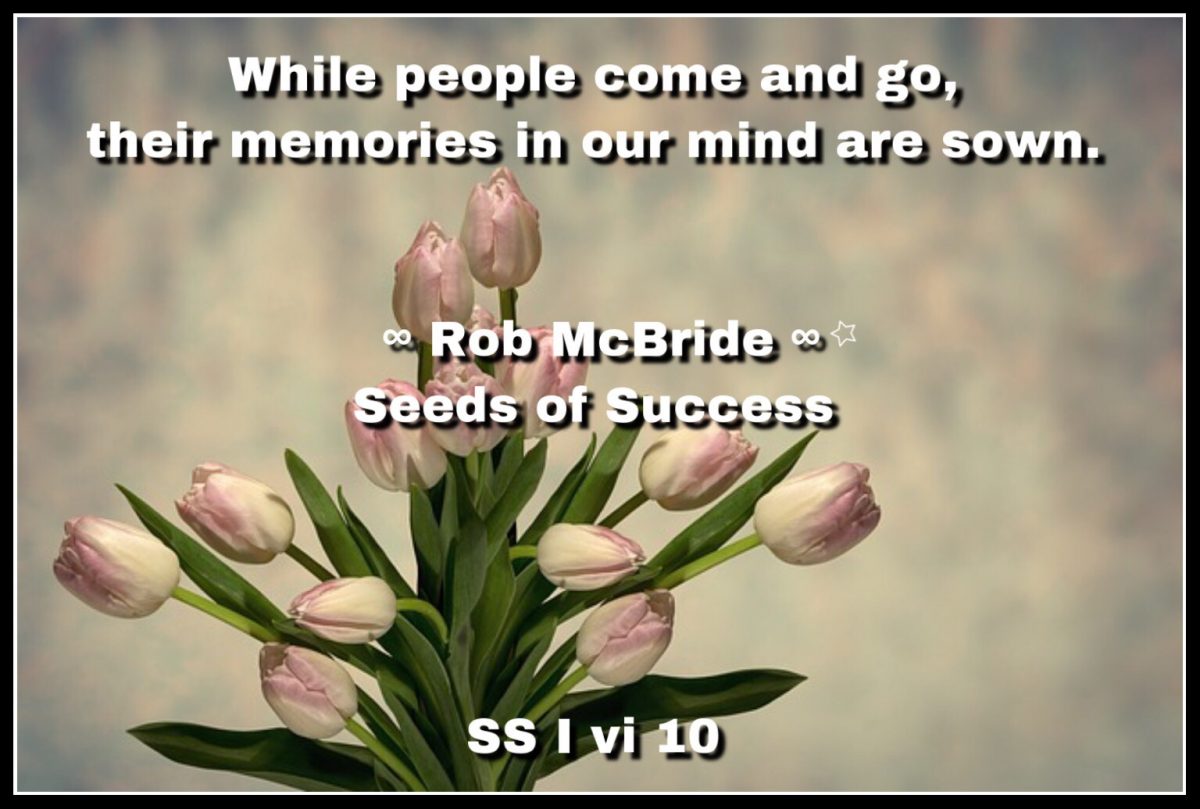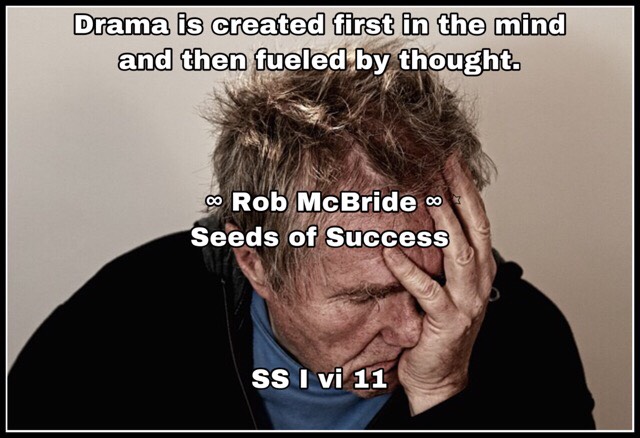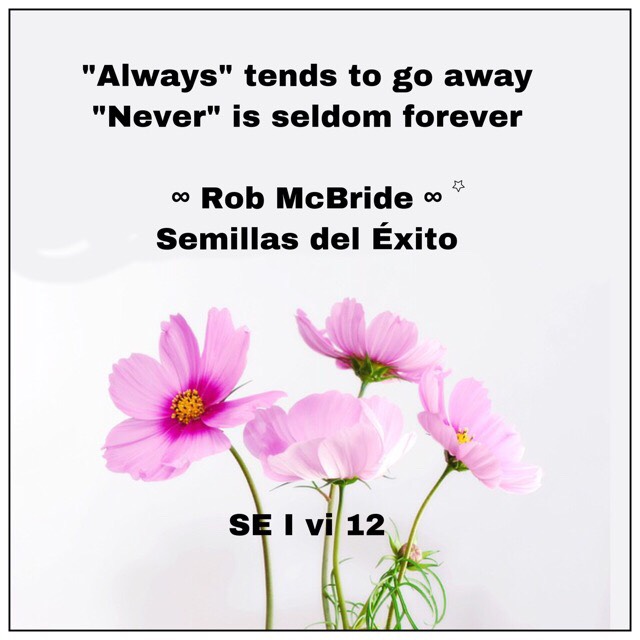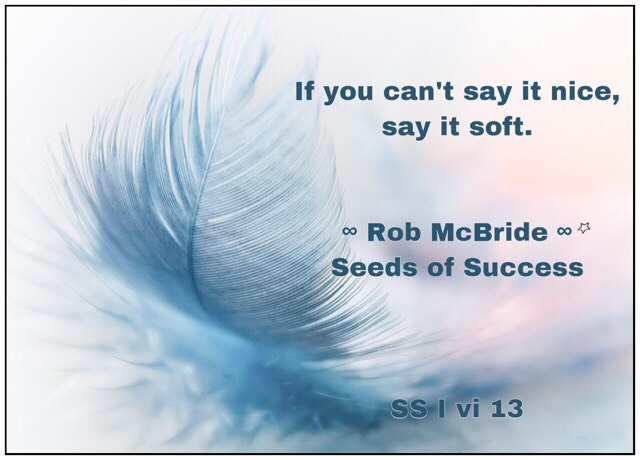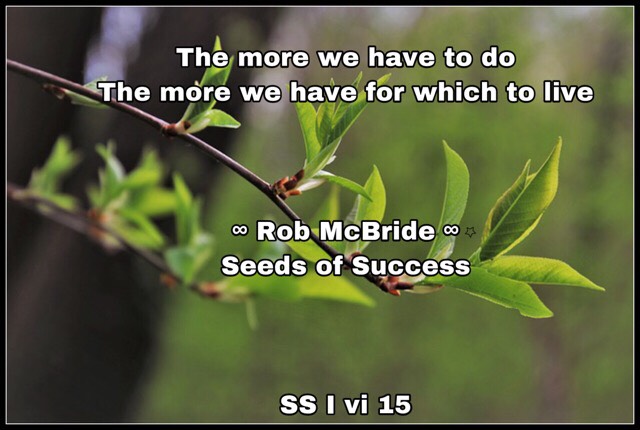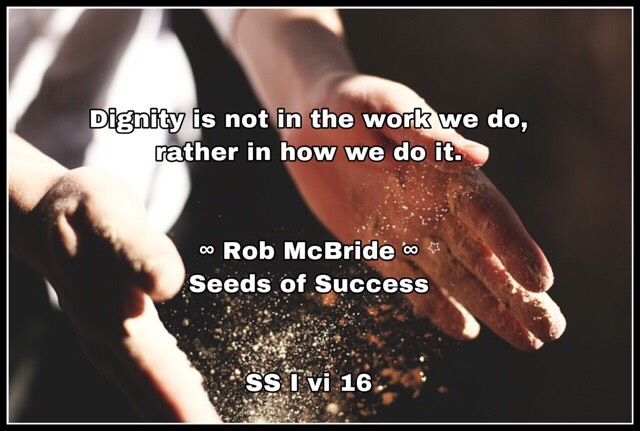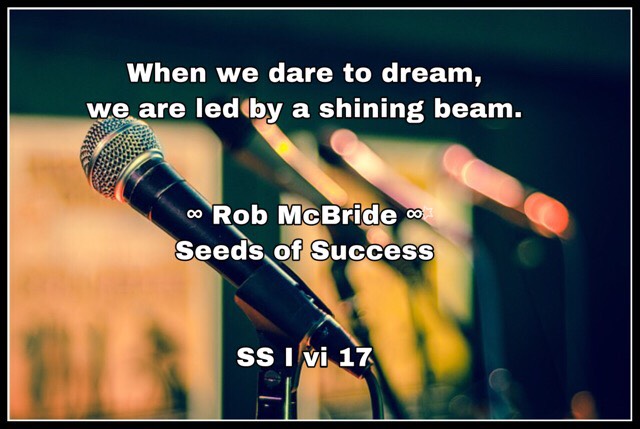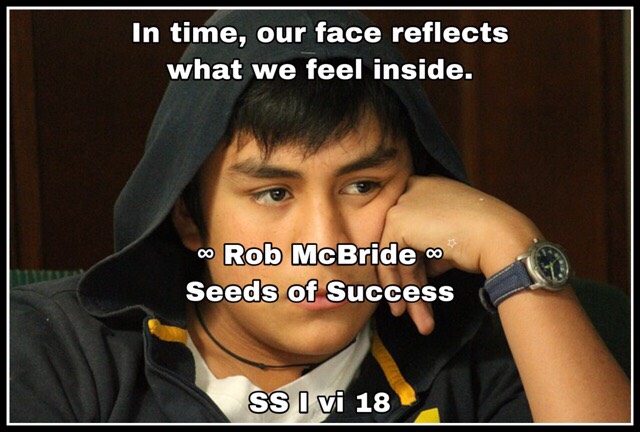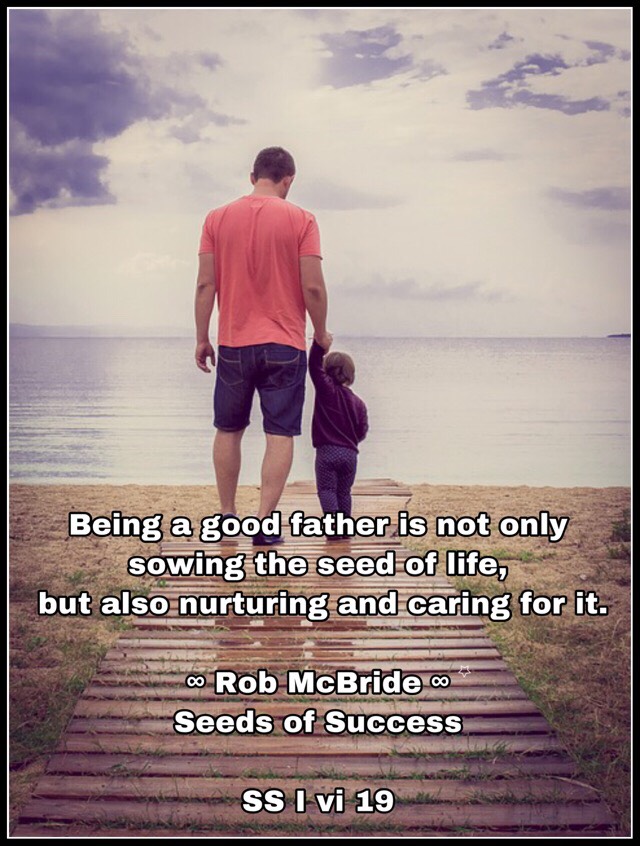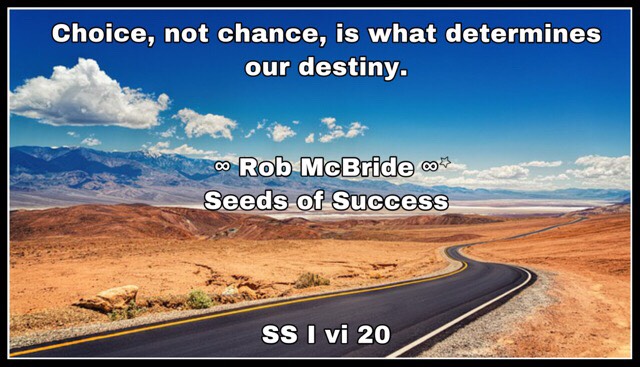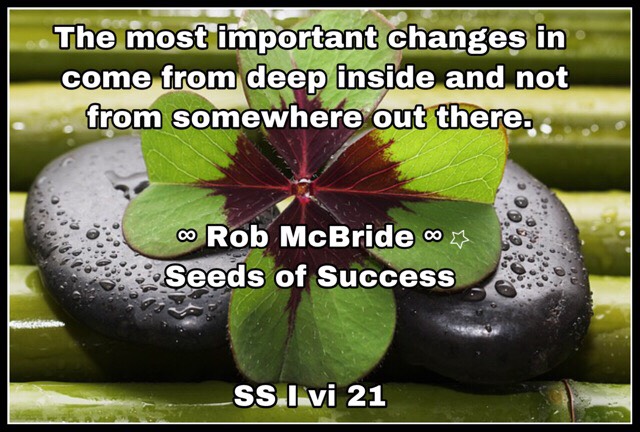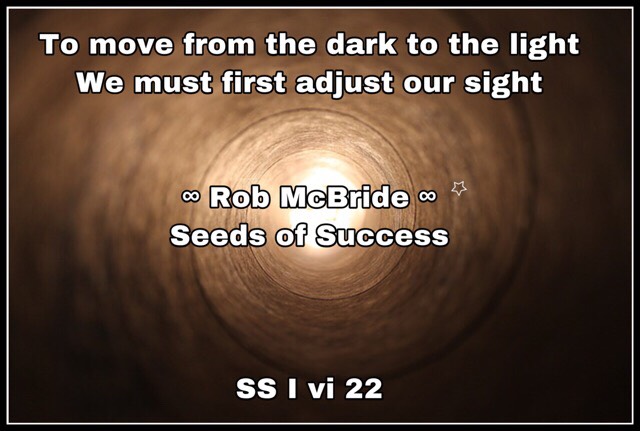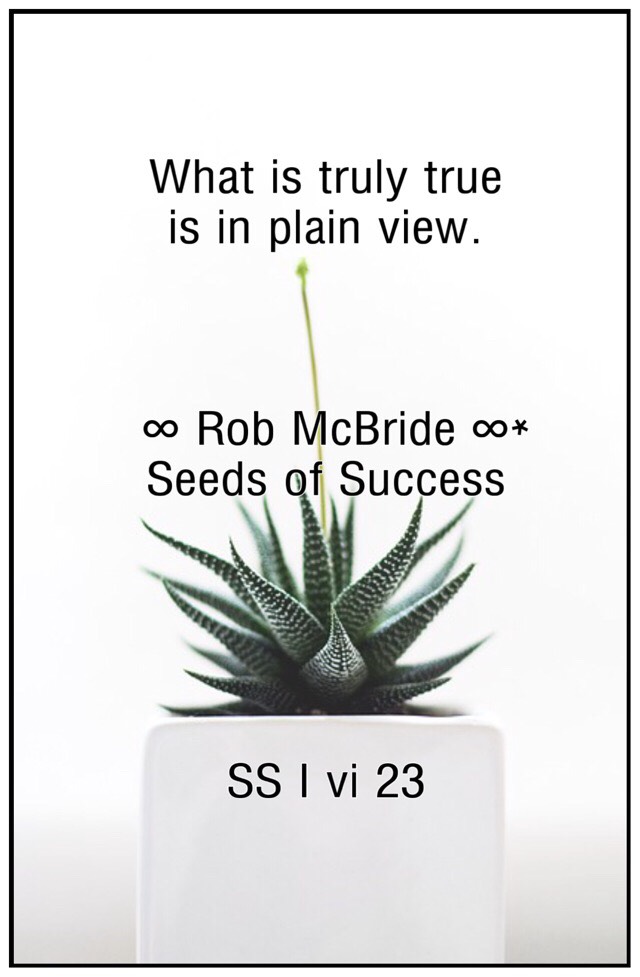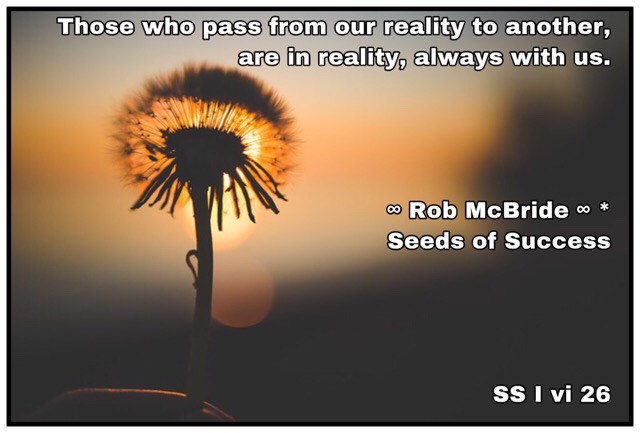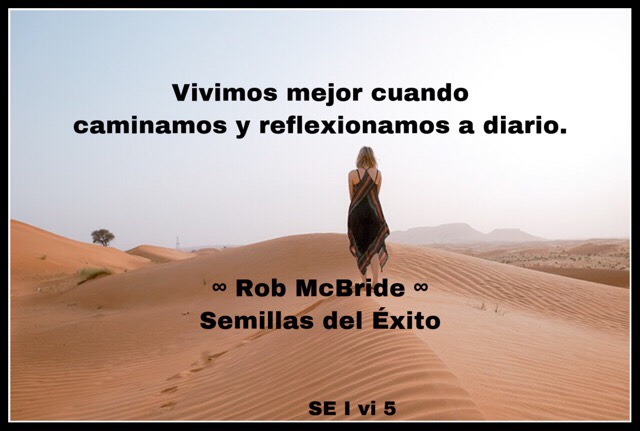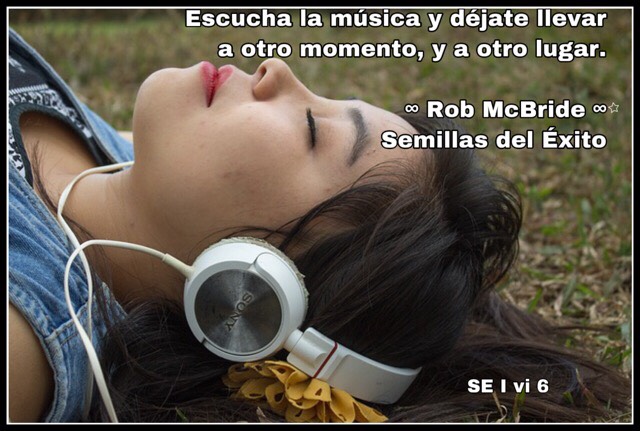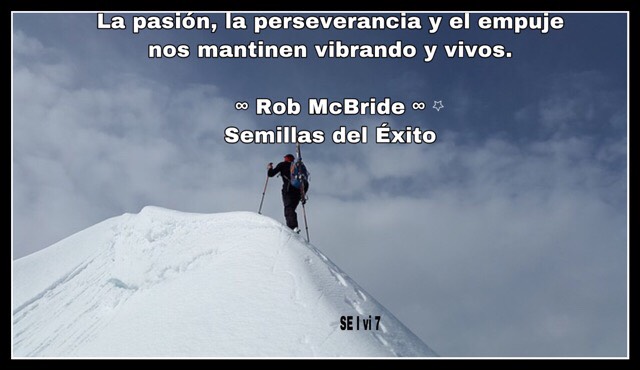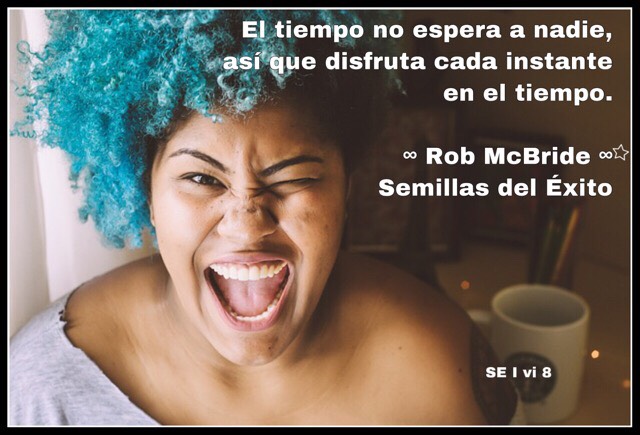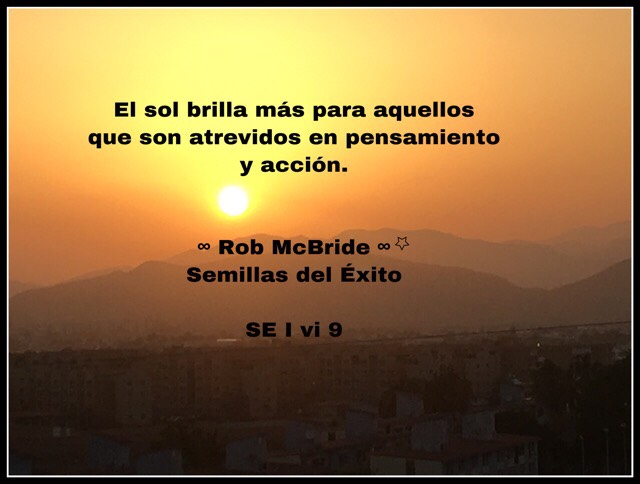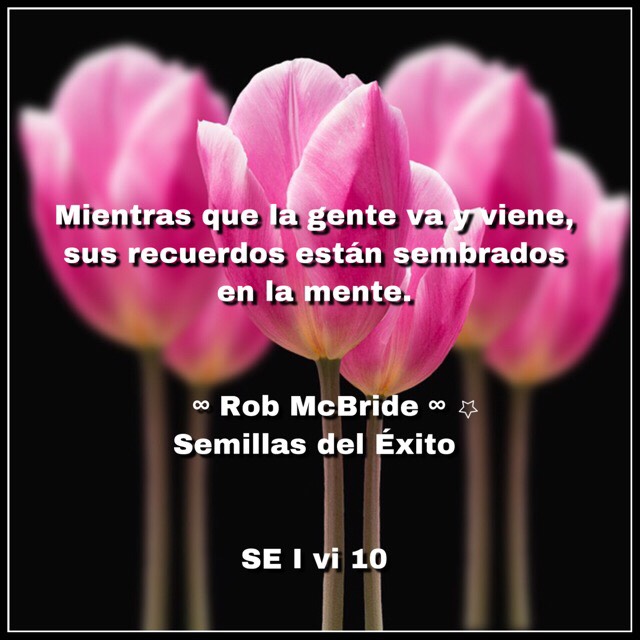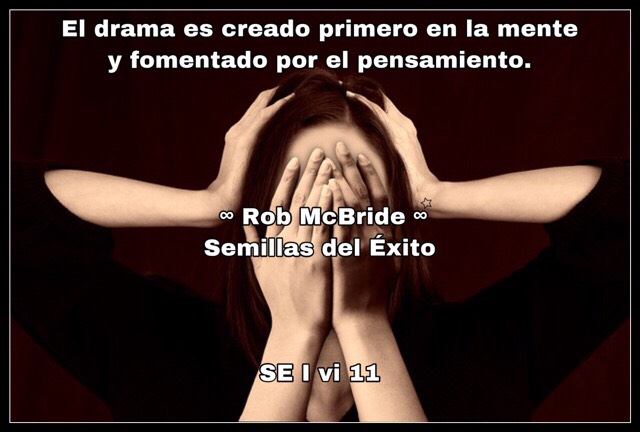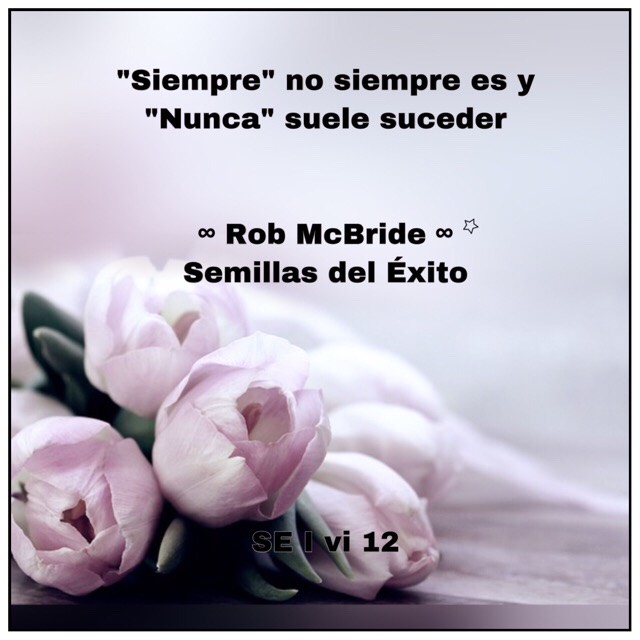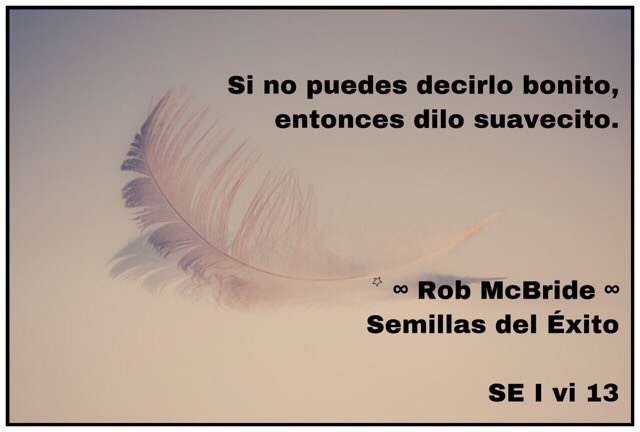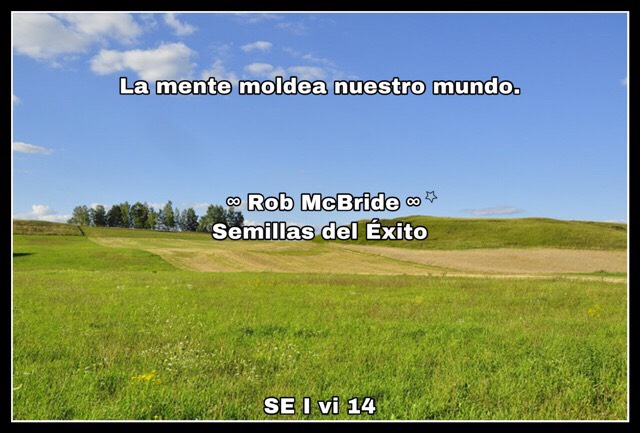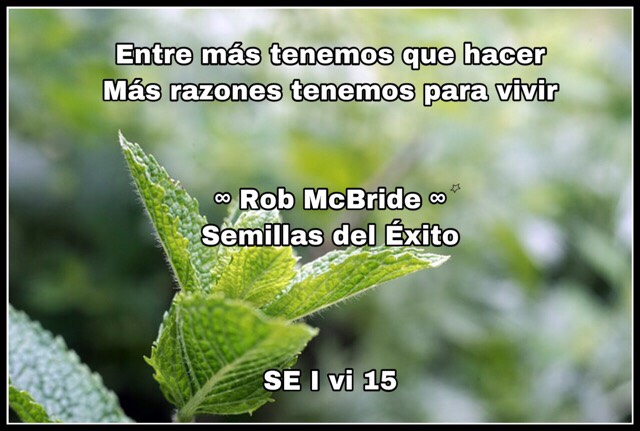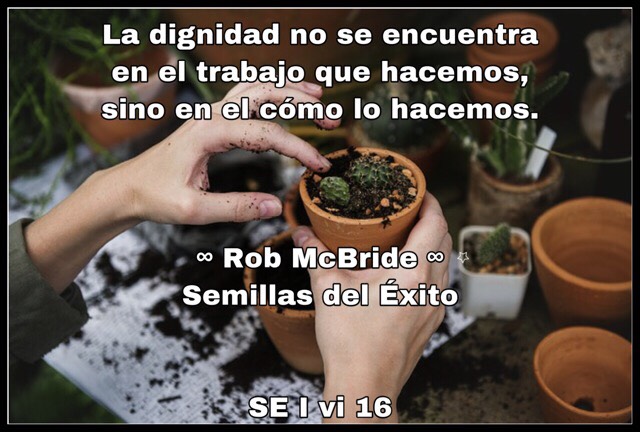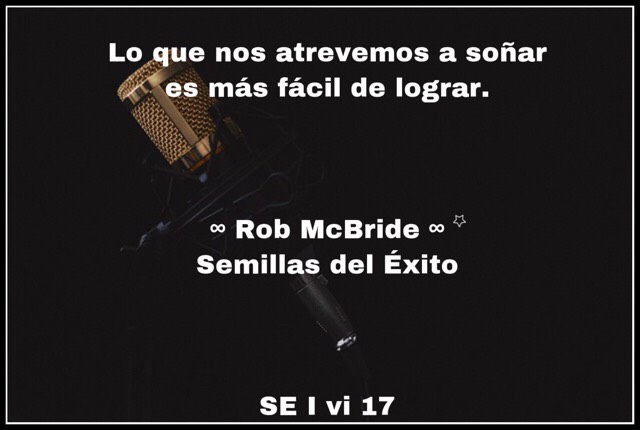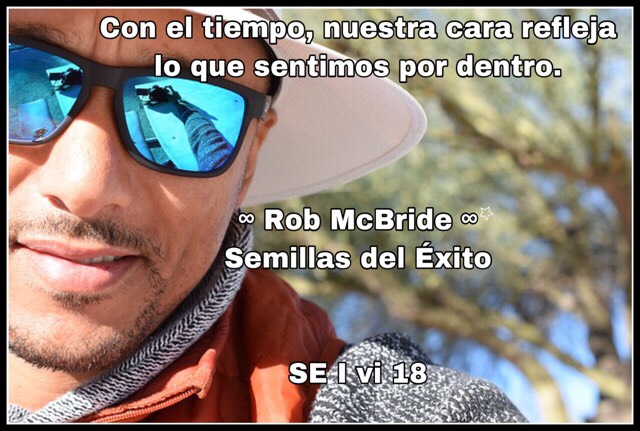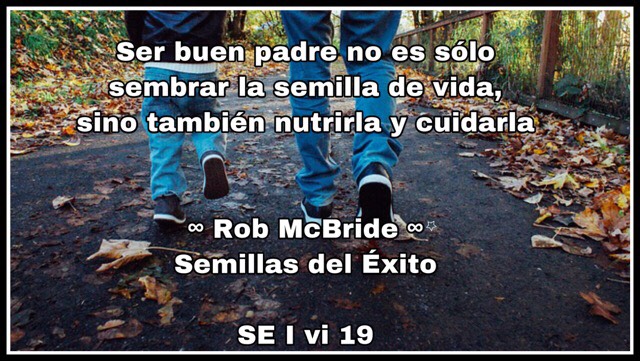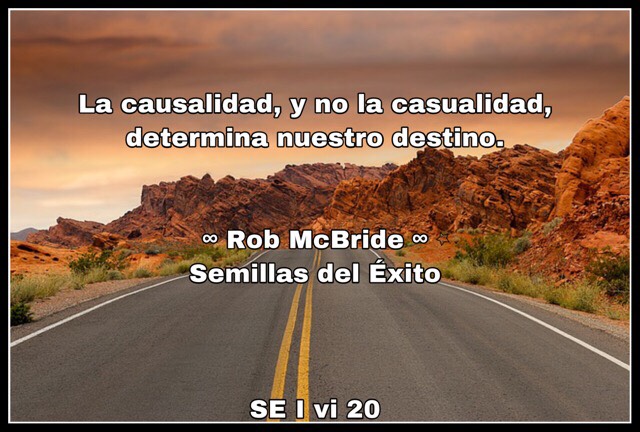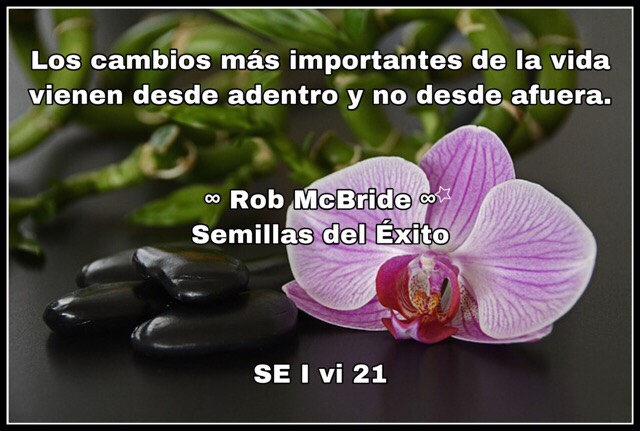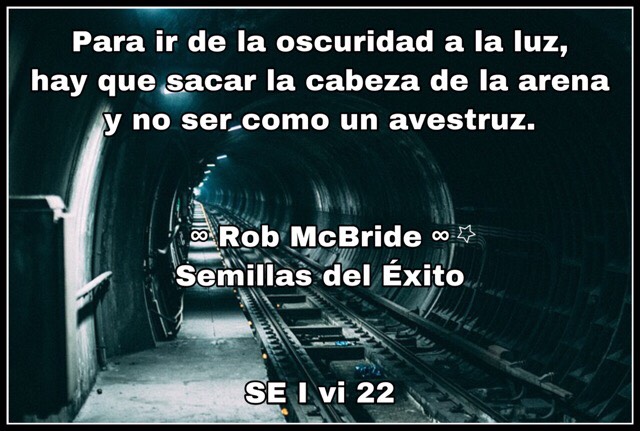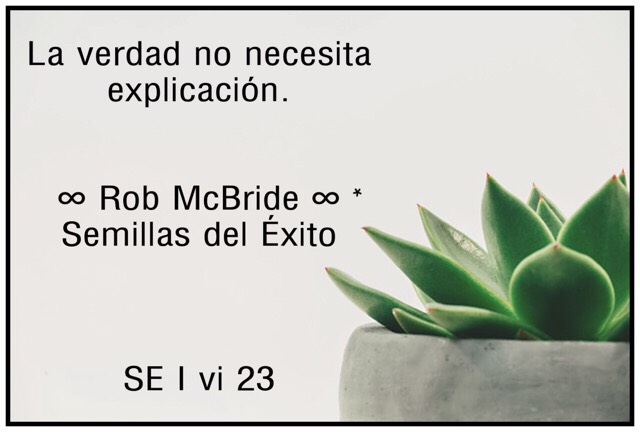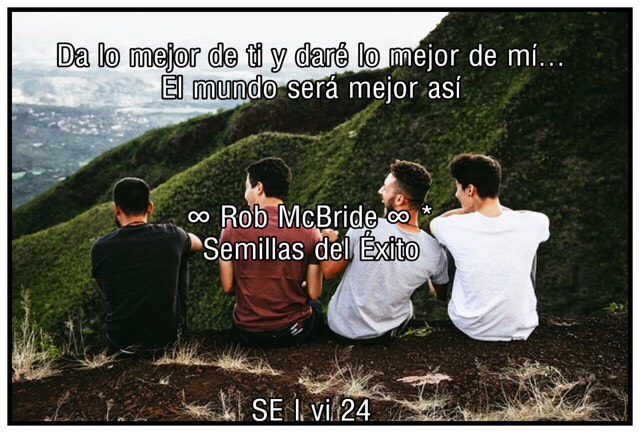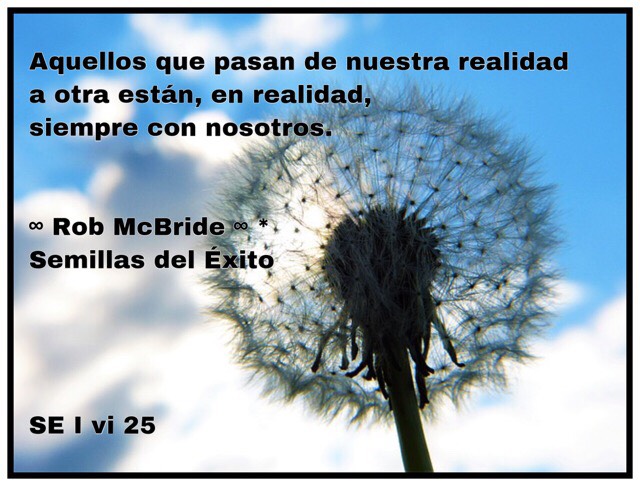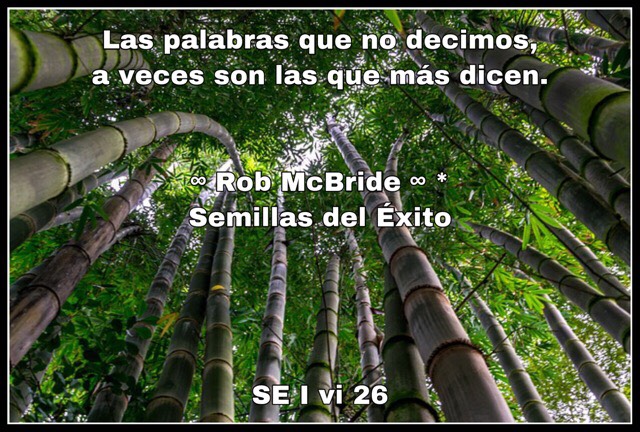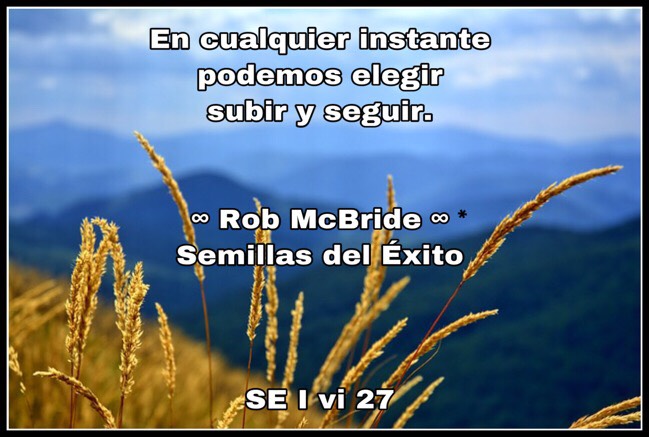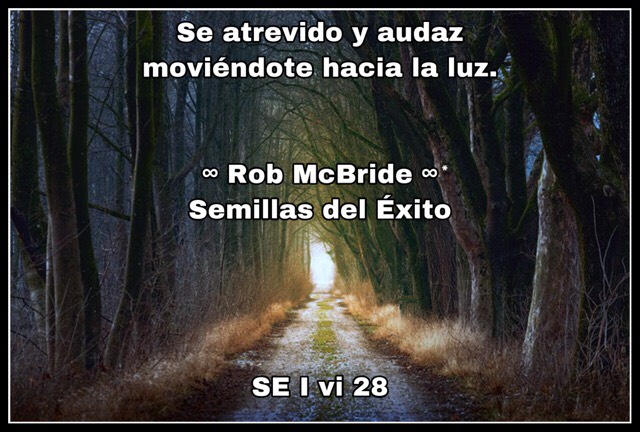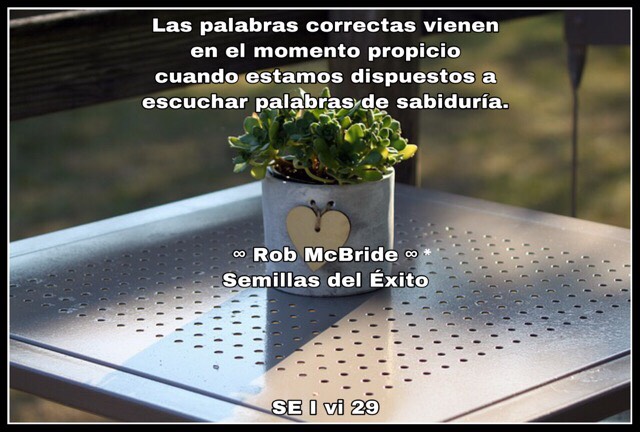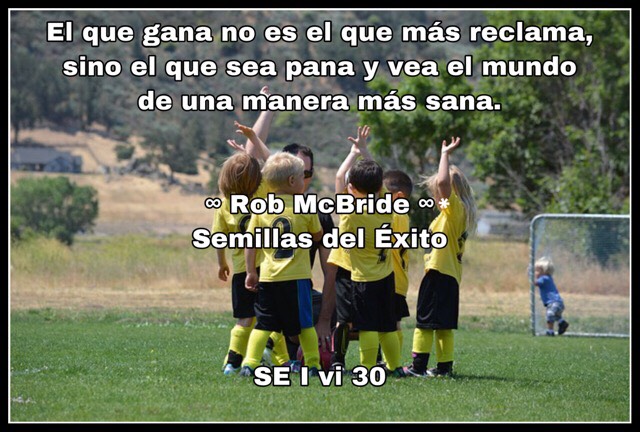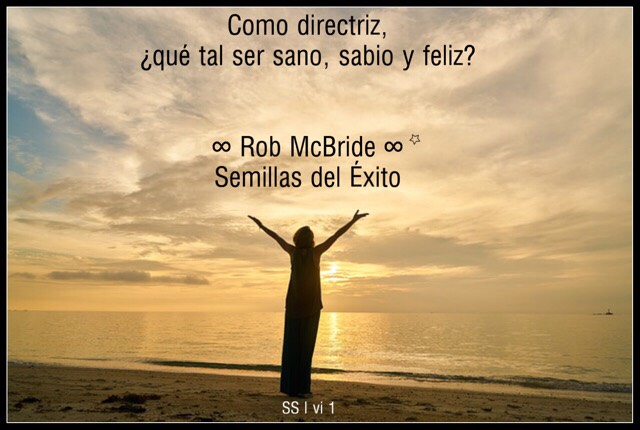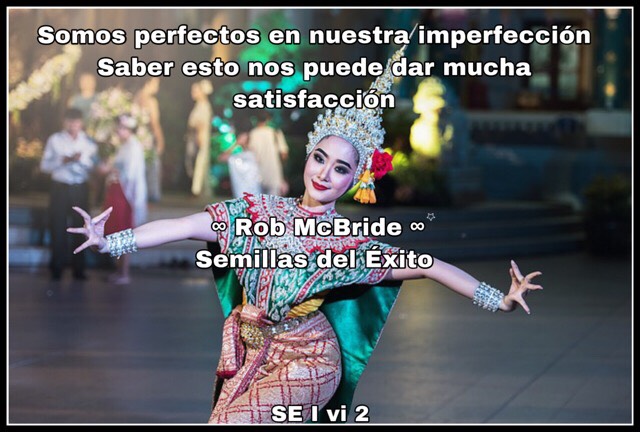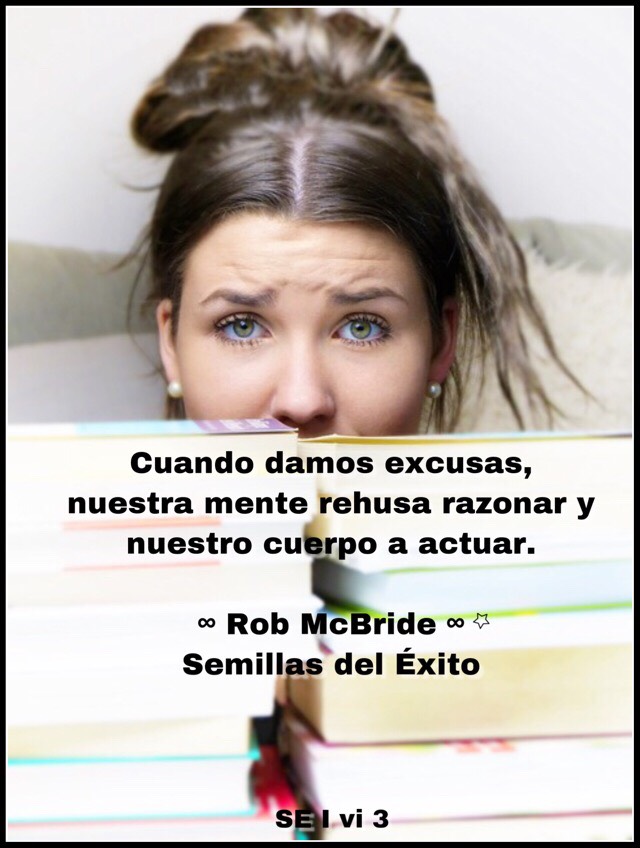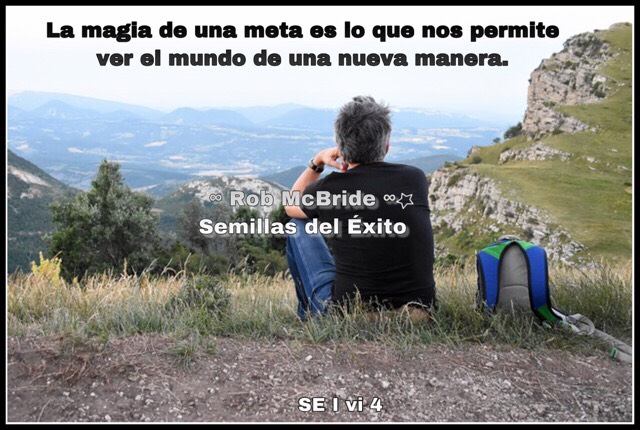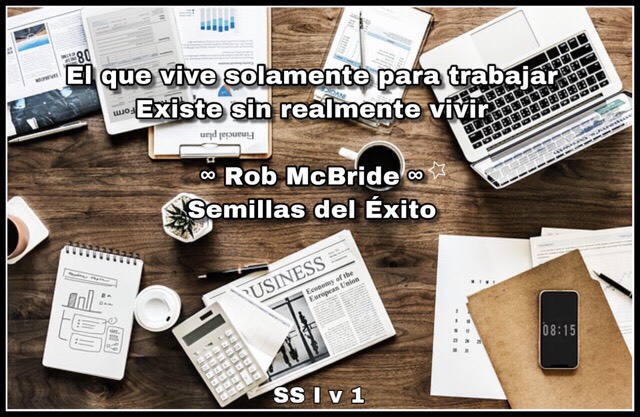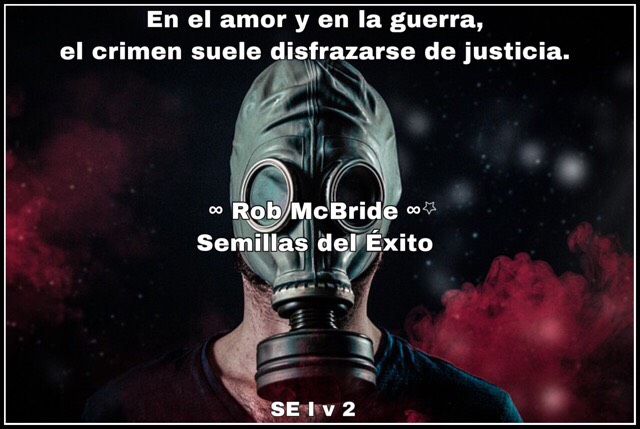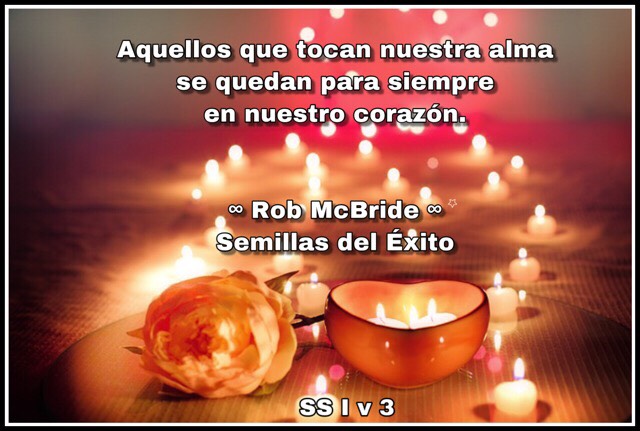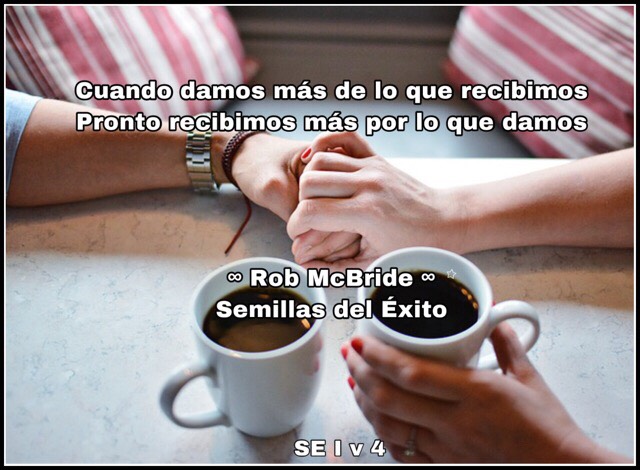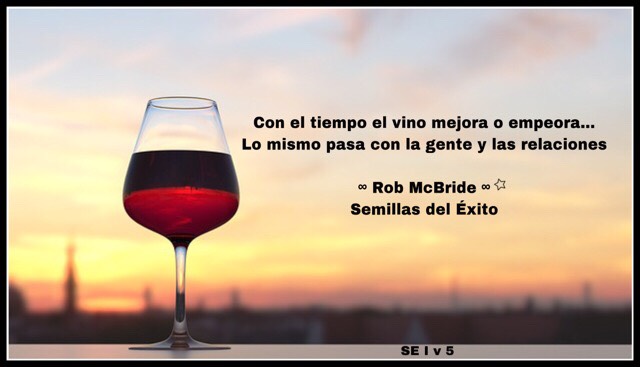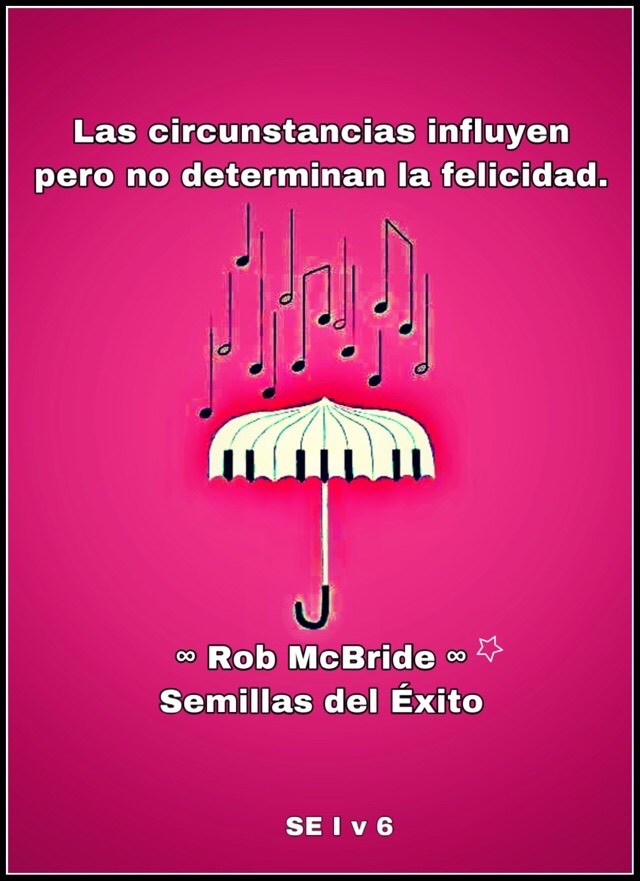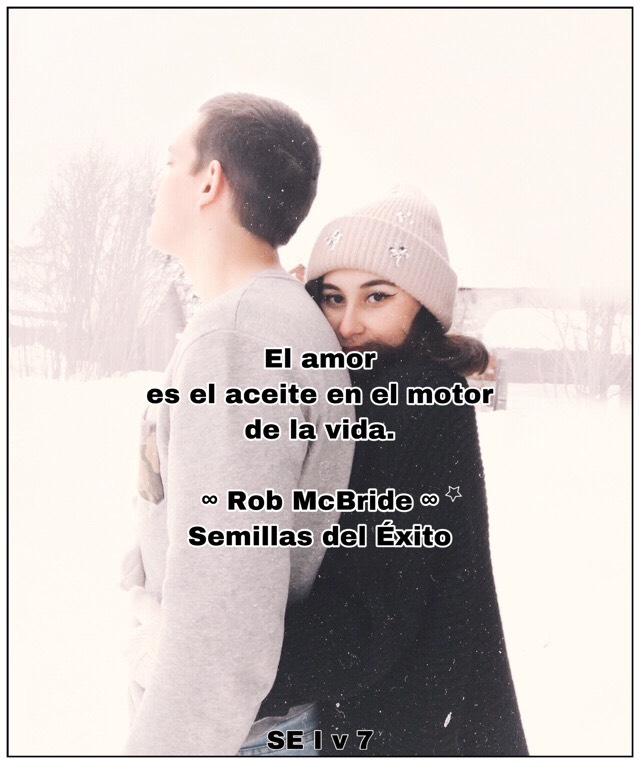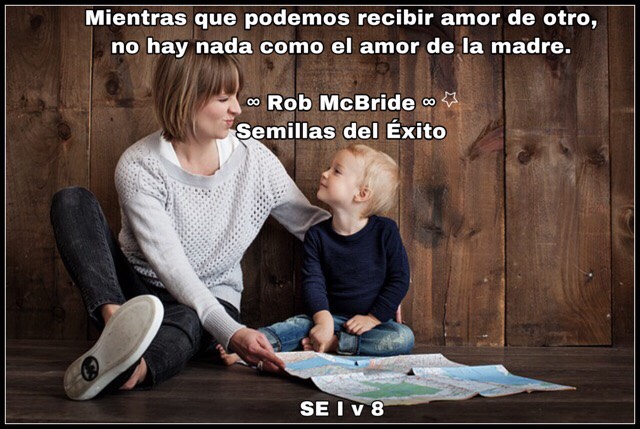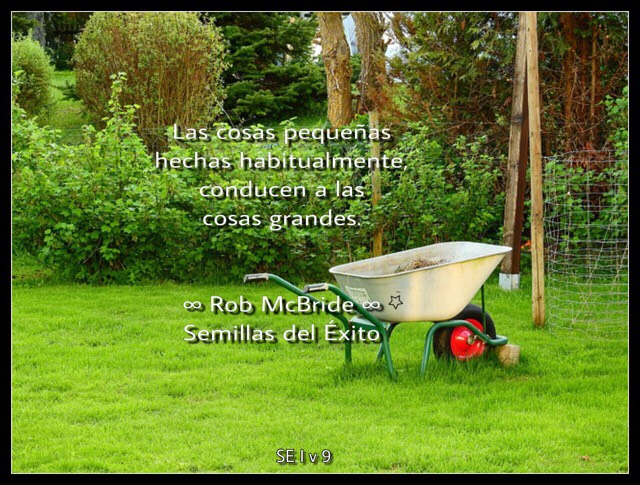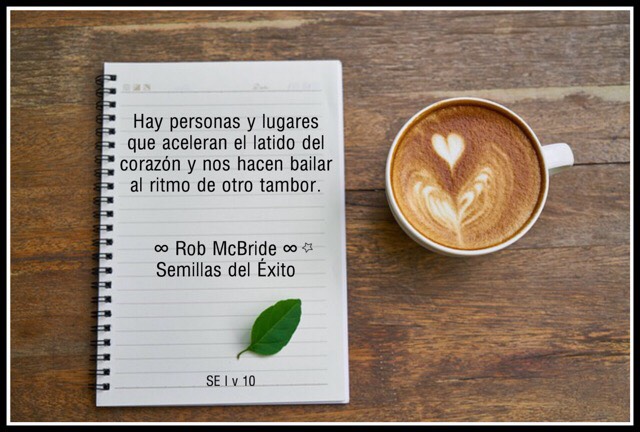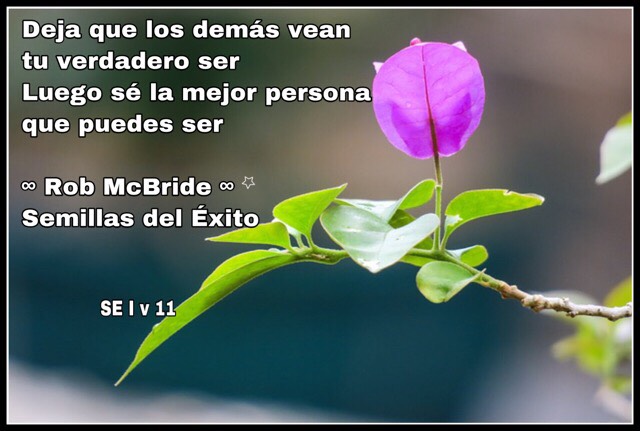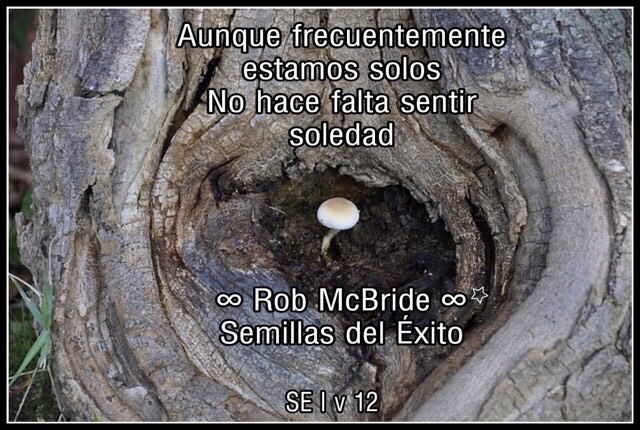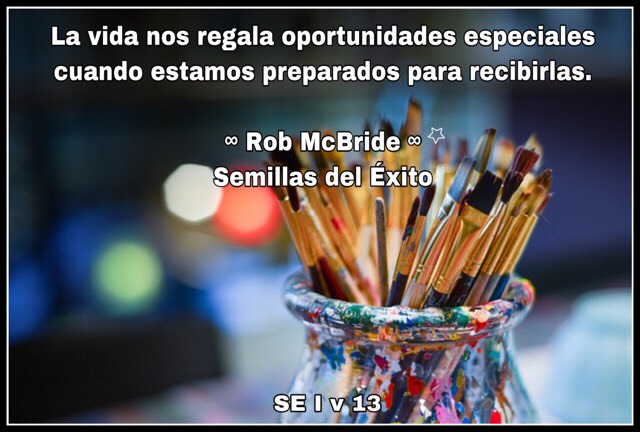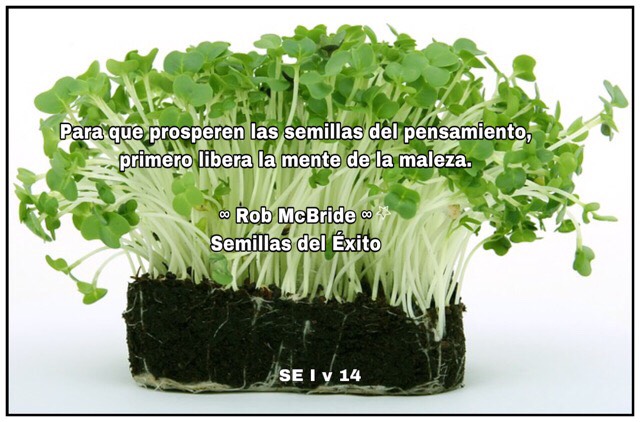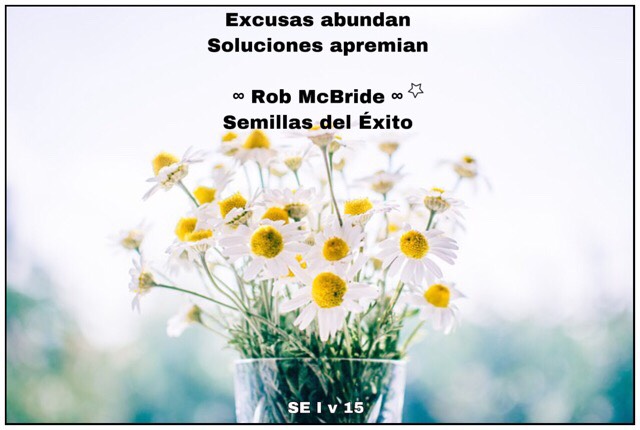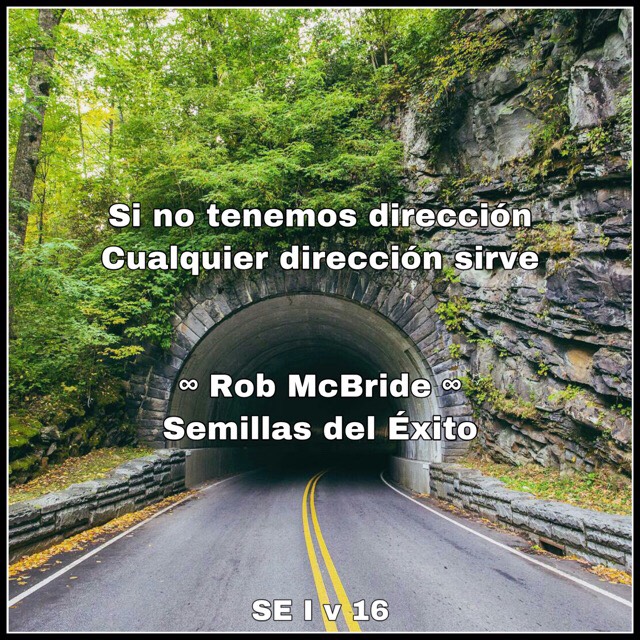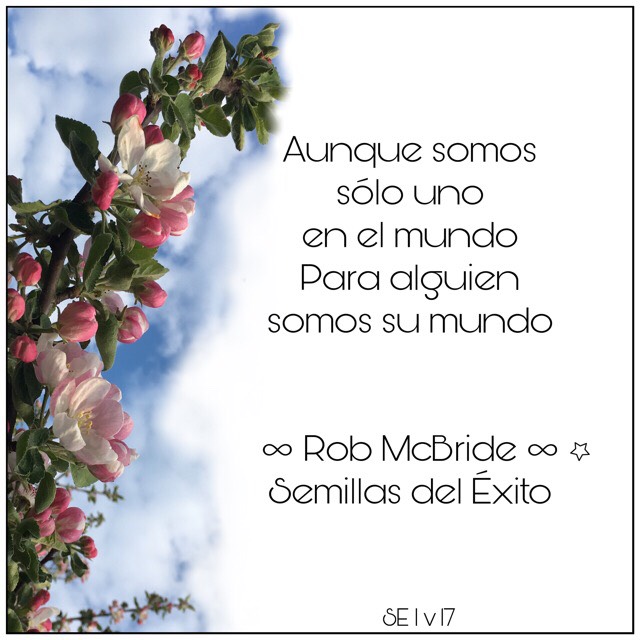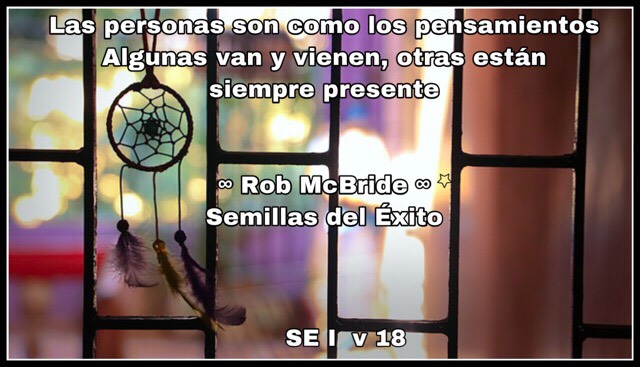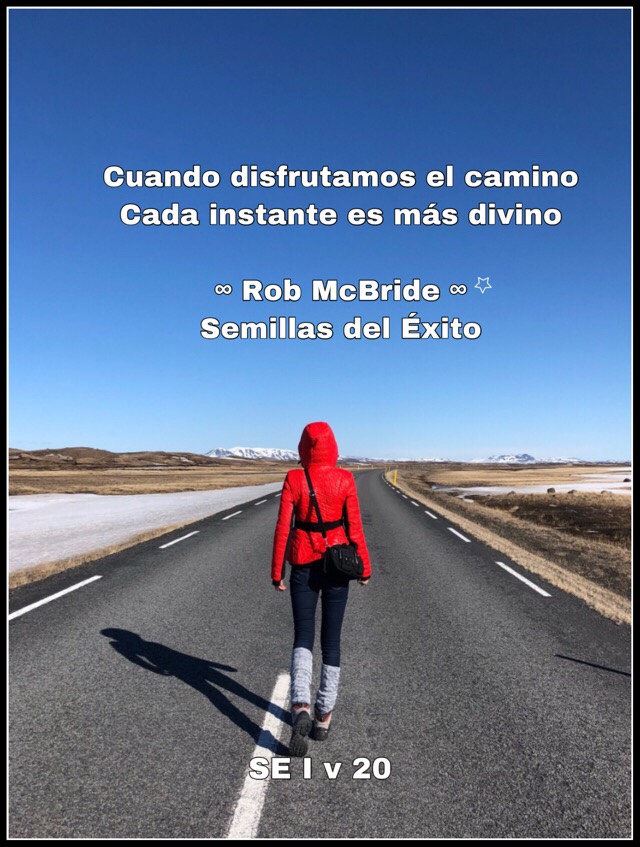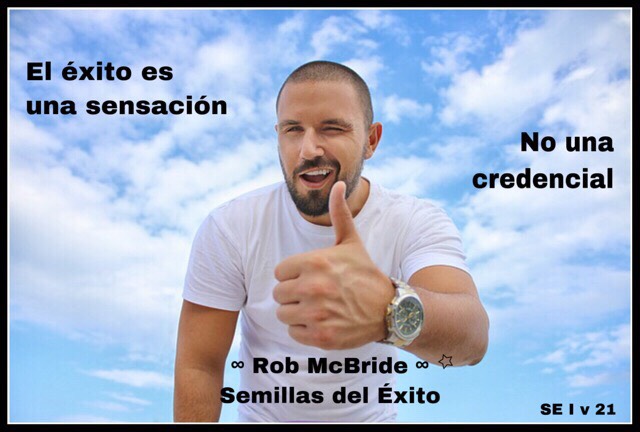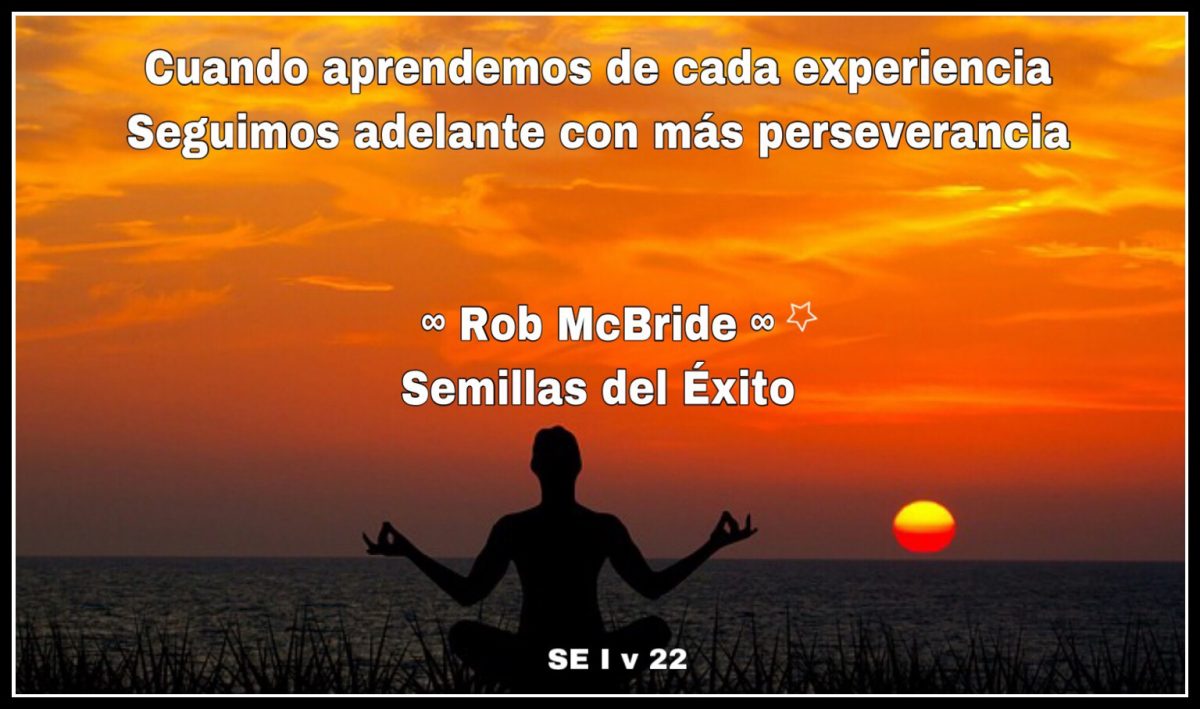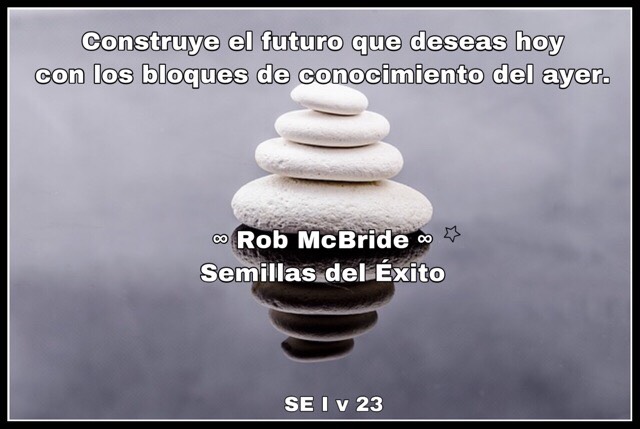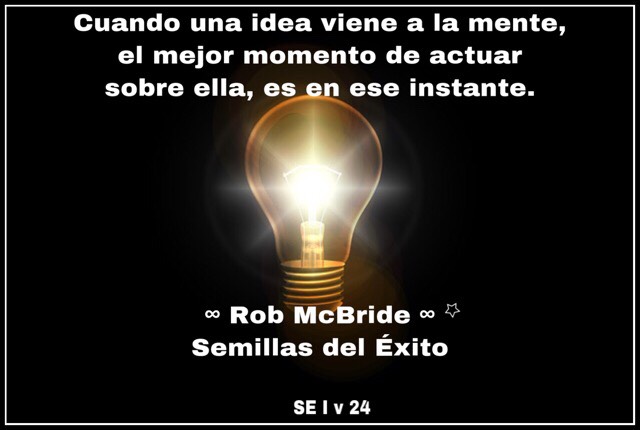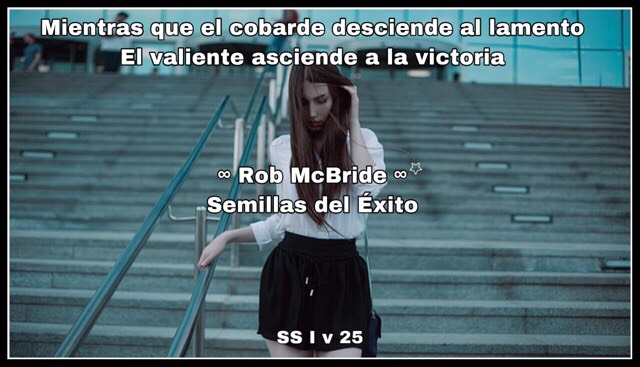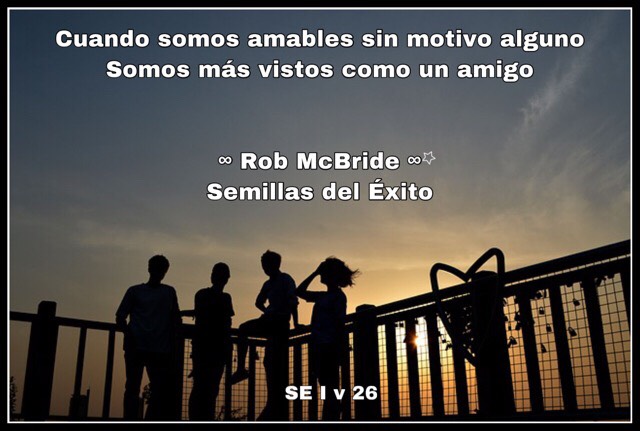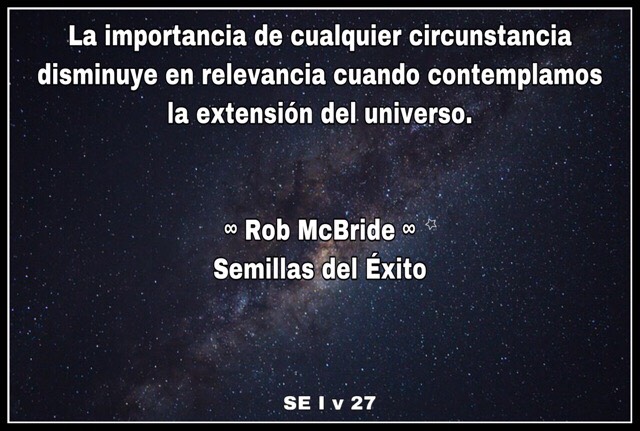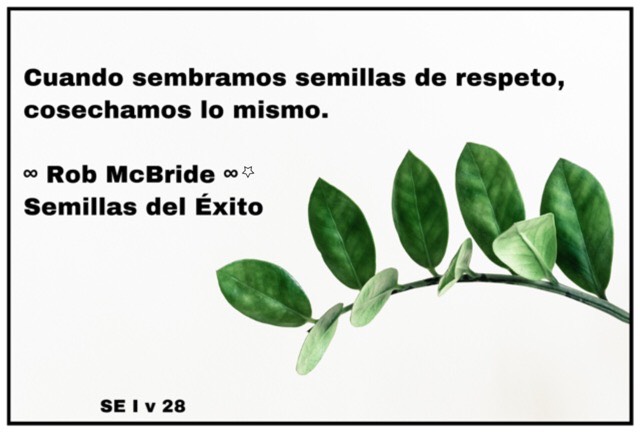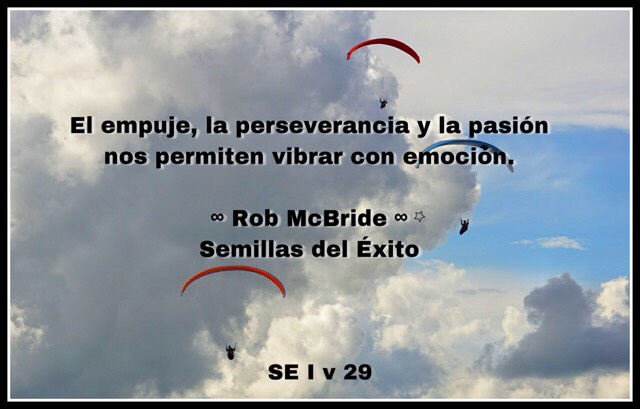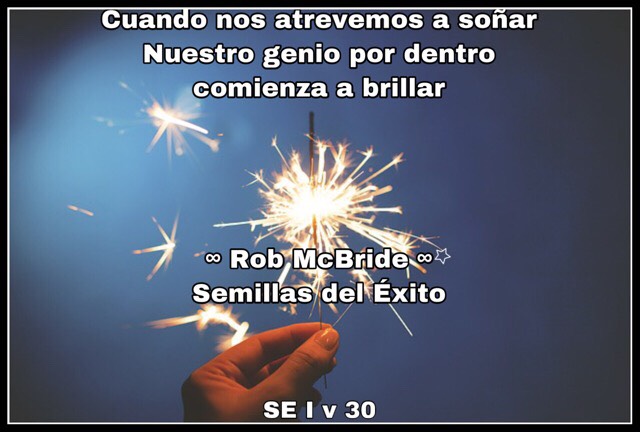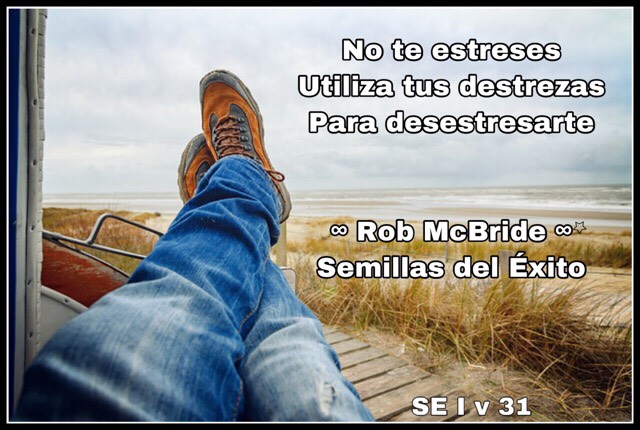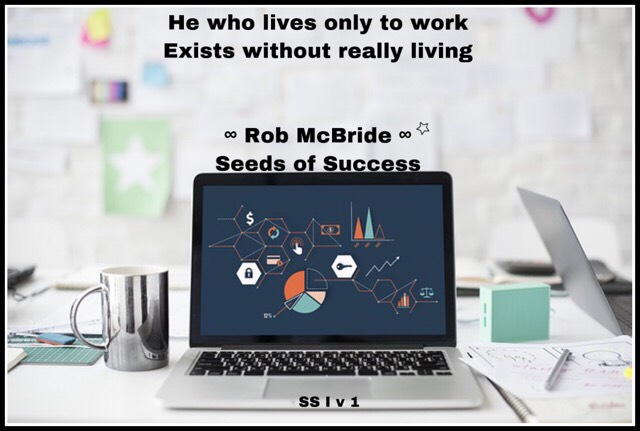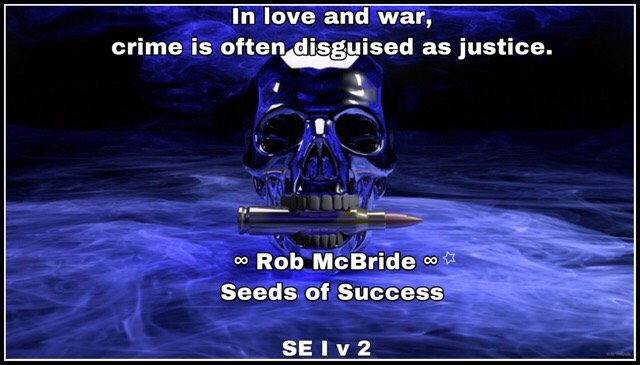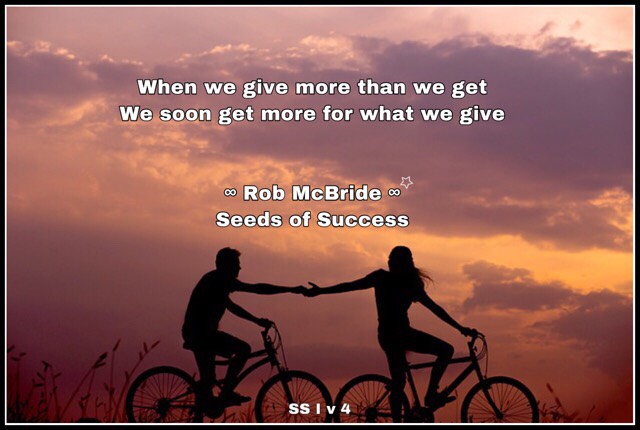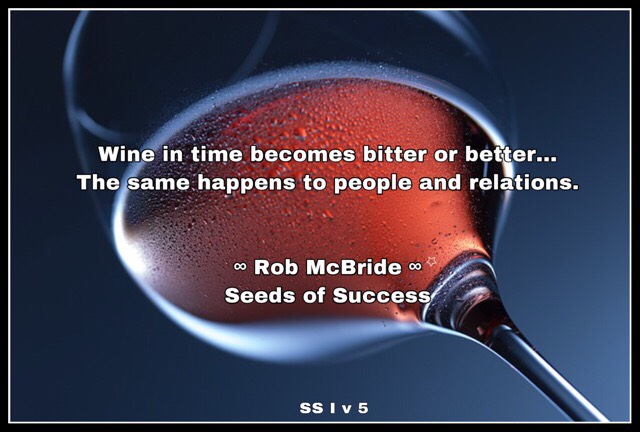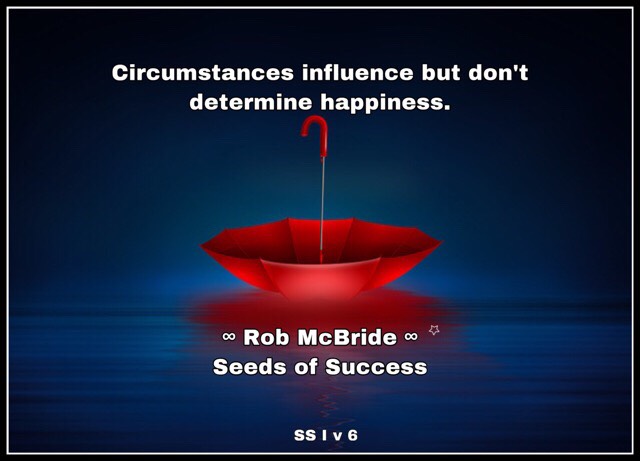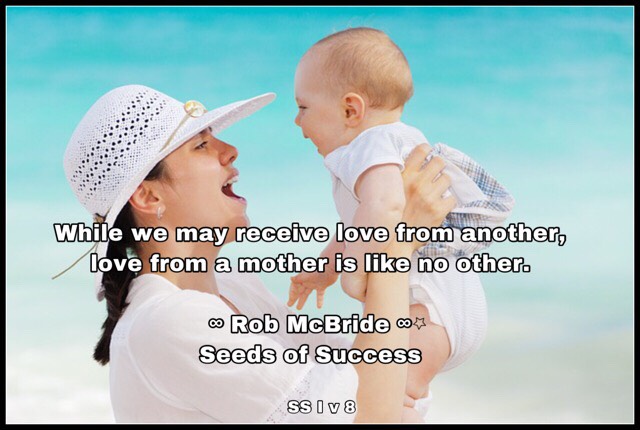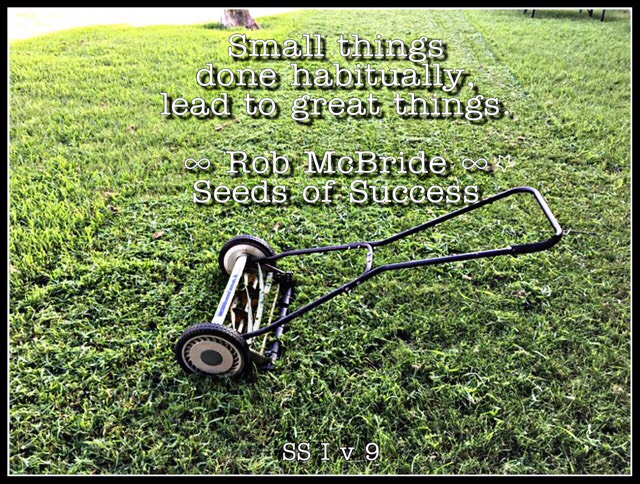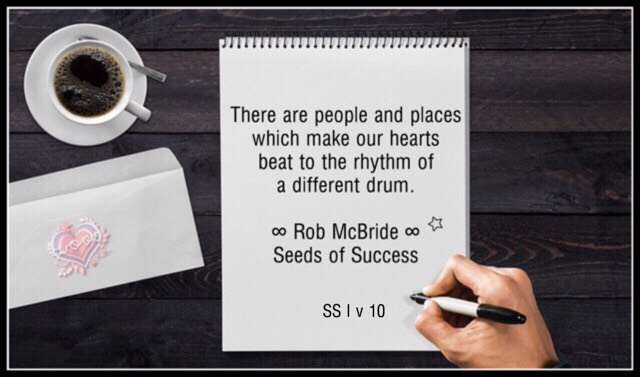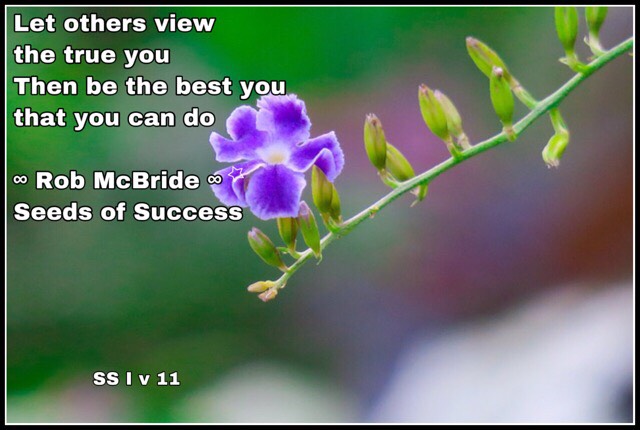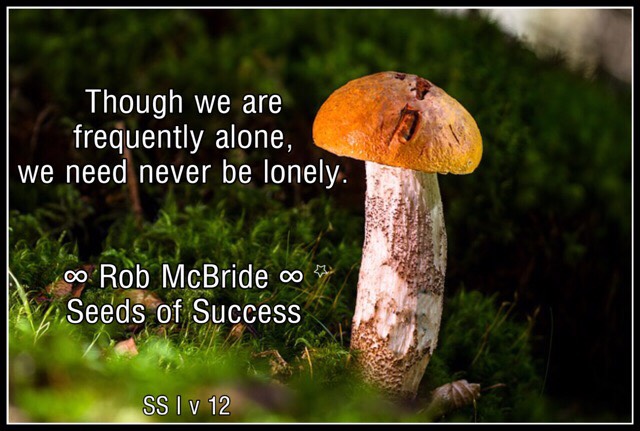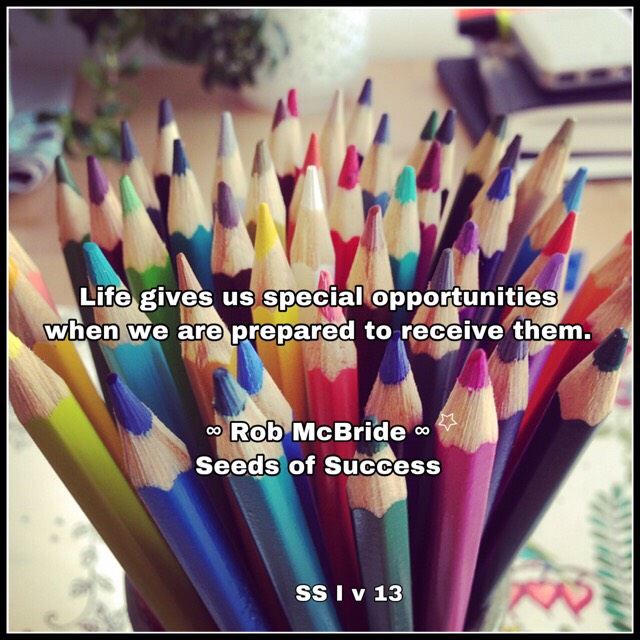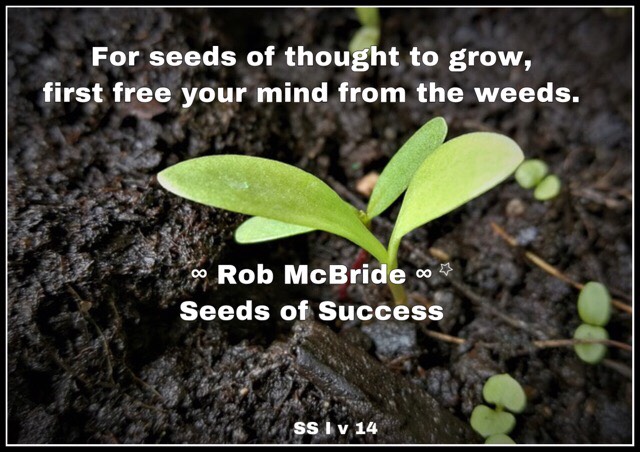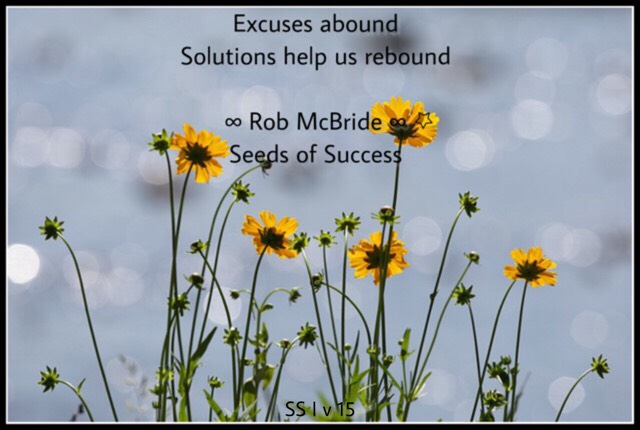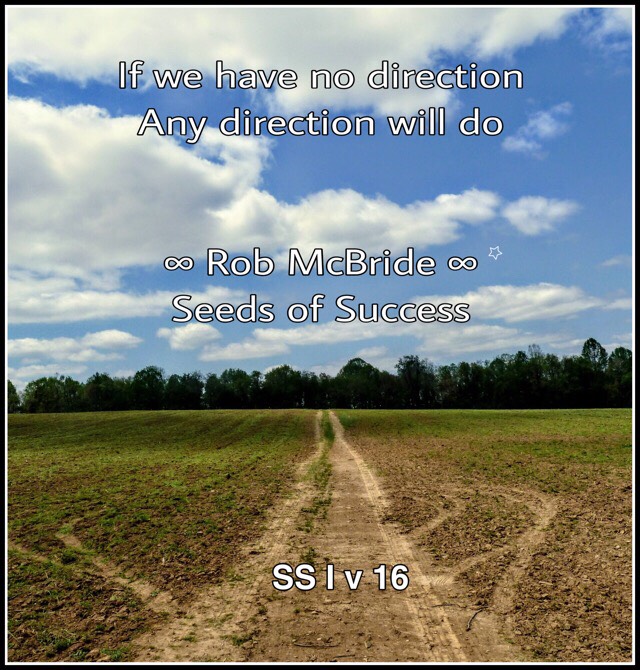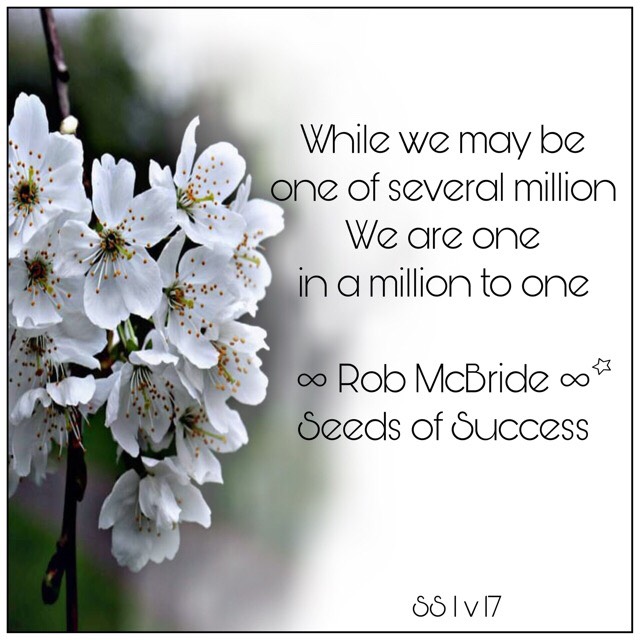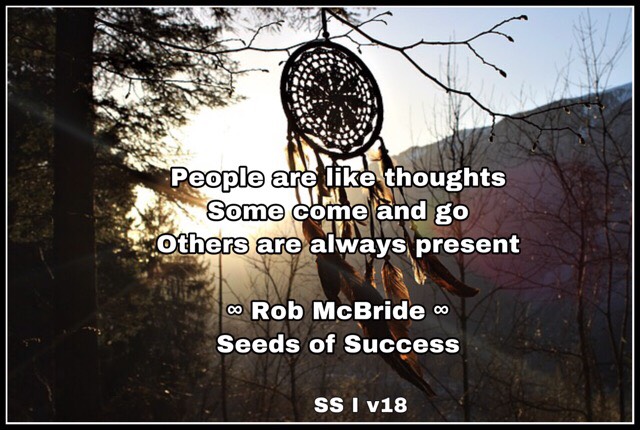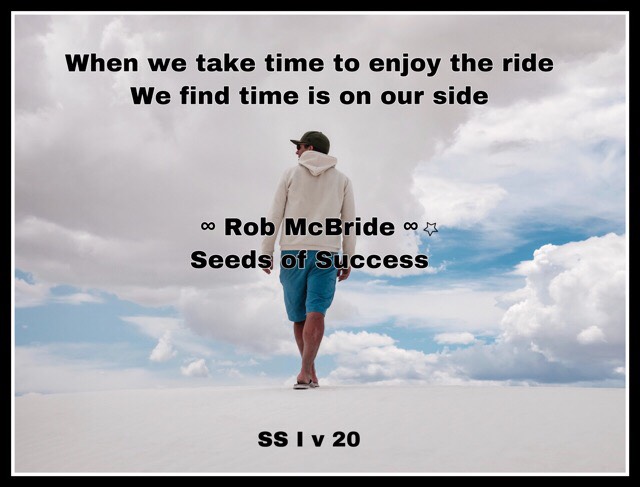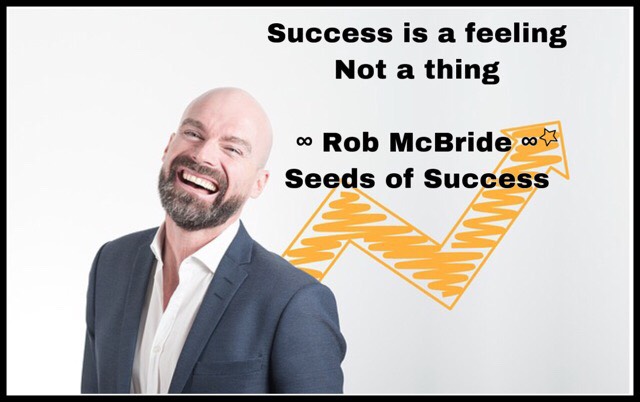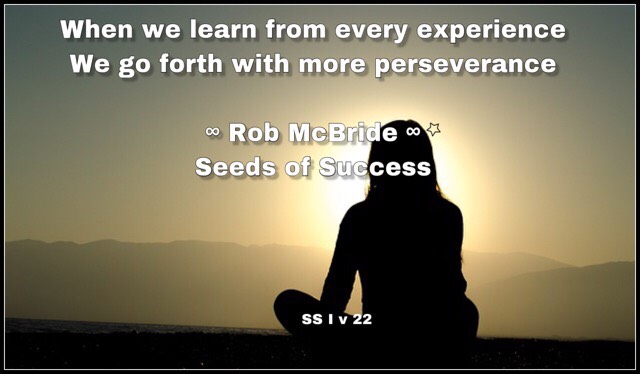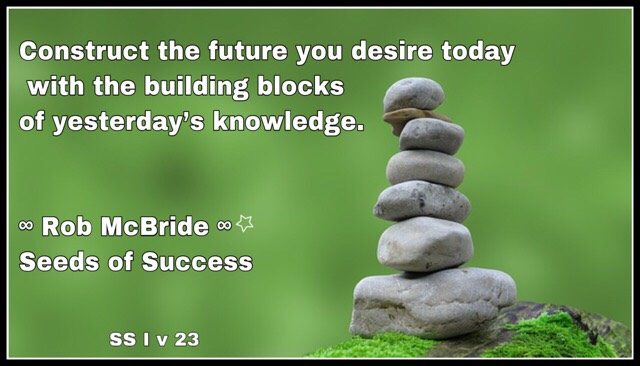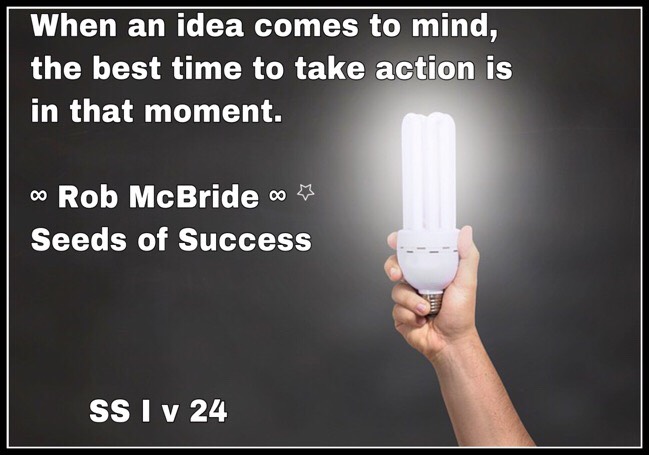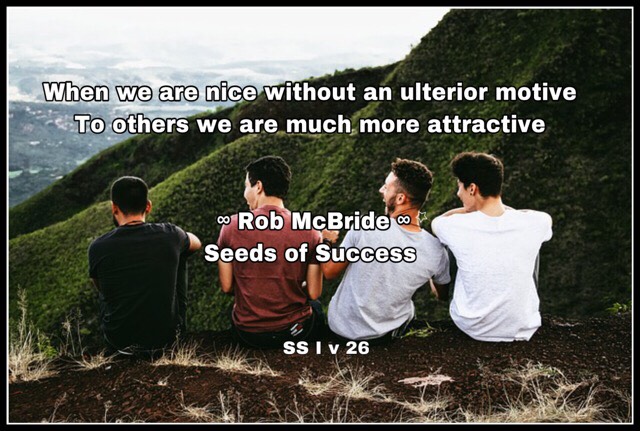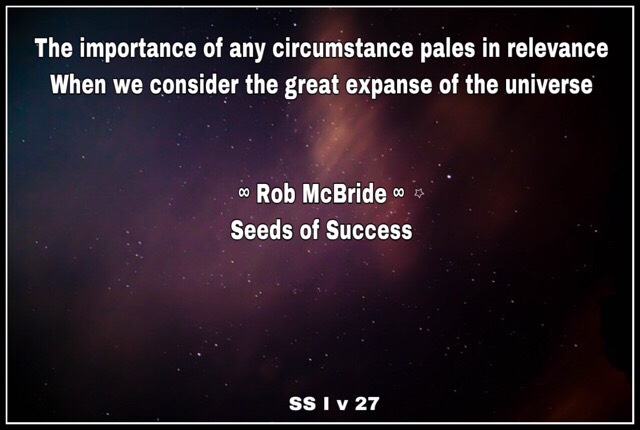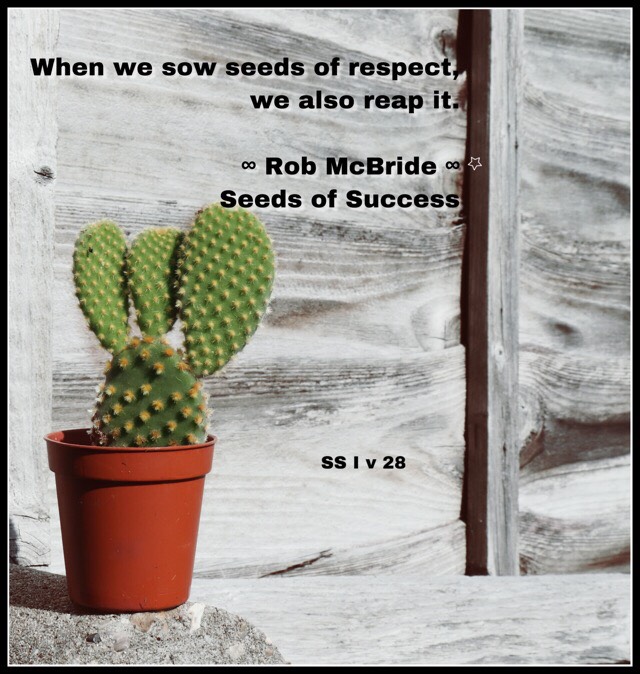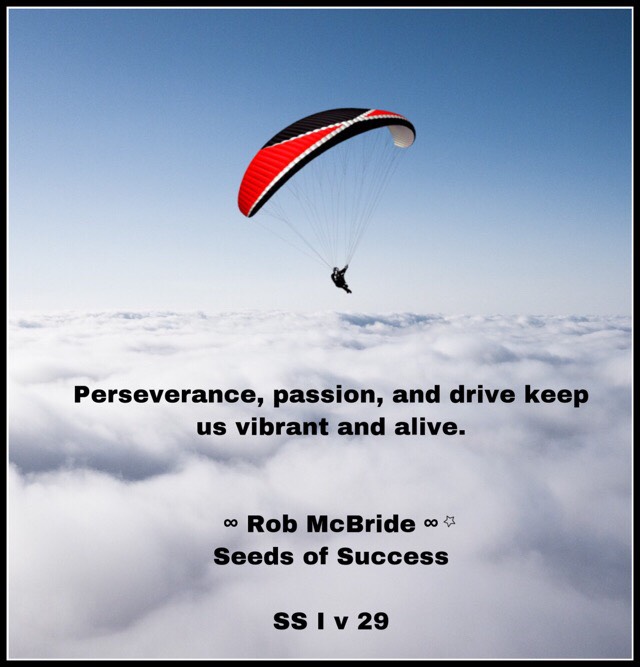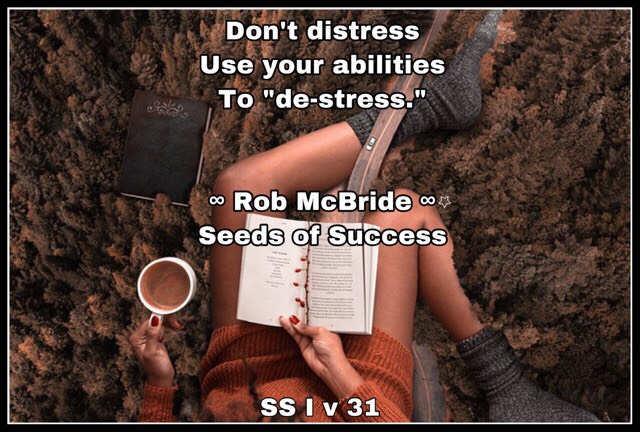While their are many different ways we can analyze life, there seem to be three phases which mark it. I break them down like this:
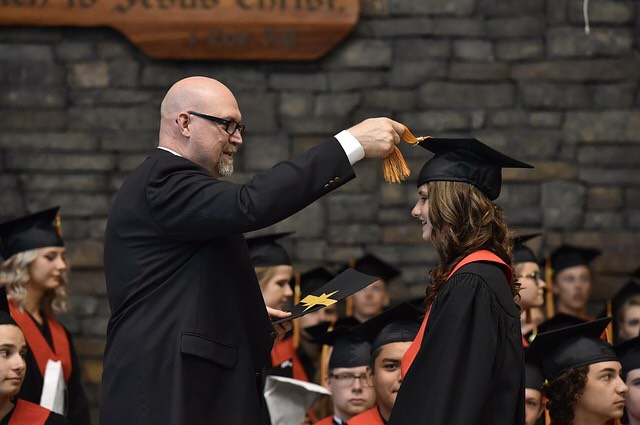
- We Prepare
- We Produce
- We Enjoy
The transition from one to another is seldom a hard line, though sometimes it is. When we graduate from high school, college, or trade school, we often leave our Preparation phase in the past.
Thus begins the second Productive phase of our life, where we do whatever it is we are going to do, though granted sometimes we prepare for one thing and end up doing another. Some are doctors, others are dancers; some practice law, others are engineers; an even larger quantity are laborers of different types, some with a steady salary, others who live hand to mouth; some are street sweepers, and someone needs to pick up the trash; some need to govern, and others to keep the peace. We all do something in life.

Sometime during or after the second phase, often without realizing it, comes the third phase to Enjoy what we have done in the other two. This does not necessarily have to be retirement. It could be simply looking at work in a different light. When we start enjoying what we do more than the money it provides, we shift into the third phase of our lives. Many call these the Golden Years, because they should be filled with wealth, both financially and emotionally.
If we continue to think about these phases, we find the following:
Ironically as youngsters we often want to get out of the Preparation phase and into the world as soon as possible, though in retrospect these first years of our lives are often among our most carefree and fancy free since we usually have few responsibilities. Maybe we shouldn’t be so anxious to get our children “growed and out of the house,” opting instead to make sure they have the tools they will need to defend themselves well in the world. Maybe it would be best to assure they choose something to do in life that they like, while also giving them the possibility to provide for their needs.
Obviously, many do exactly this, and this is terrific because after all, our well-being may very well depend on our children, though this isn’t always the case. Let’s do our best to make sure they are well prepared for life before moving on the the Productive phase.
In this second phase, it seems many simply go through the motions in order to get to the third stage. In many places around the world, this means working from the time we are out of school until we are 60 or 70, so that we can retire on a hope and a prayer that we might get a pension check. In other parts of the world people retire earlier, but their challenges tend to be similar.

Why wait so long to shift into this last phase where we Enjoy what we did in the others?
When we love what we do and are passionate about it, we can move into the third phase soon after having entered the second!
Sure, it is much easier to enter into this last phase if we are debt-free and have few obligations, but it isn’t absolutely necessary. When we can get up in the morning and do pretty much what we want, whether it being going out into the world to work, or staying home, then we are well on our way to accelerate the process.
It’s not necessary to work 40 or 50 years in a dead-end job we hate, just in order to retire after so much time and hopefully have “few good years.” Instead, we can look to engage ourselves in an activity which we would do even if we weren’t paid for it, and then find somebody who will pay us well to do it.
The third phase to Enjoy what we have done is not about retiring, sitting on our ass, and watching TV or swaying in a hammock all day; rather in getting up each day and doing the best we can in the phase we are in to make each day a great day, without basing this on our chronological age. After all, age is simply a number, not an emotional state.
∞ Rob McBride ∞
LL IV 49











